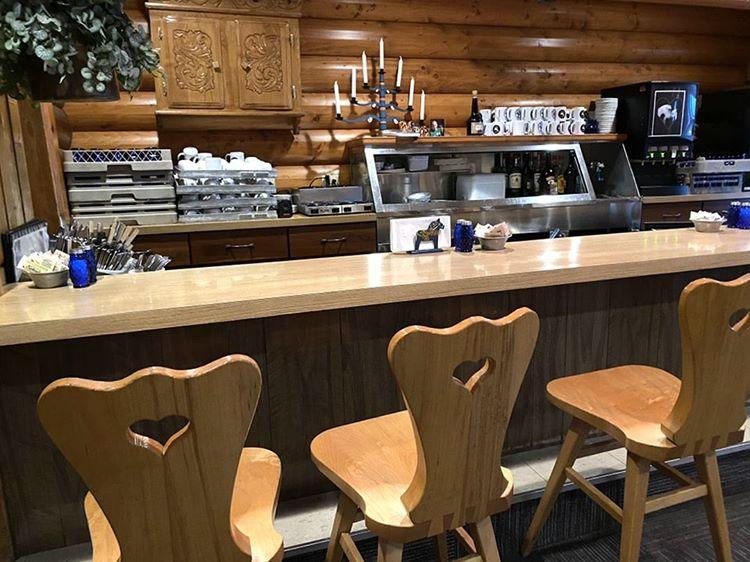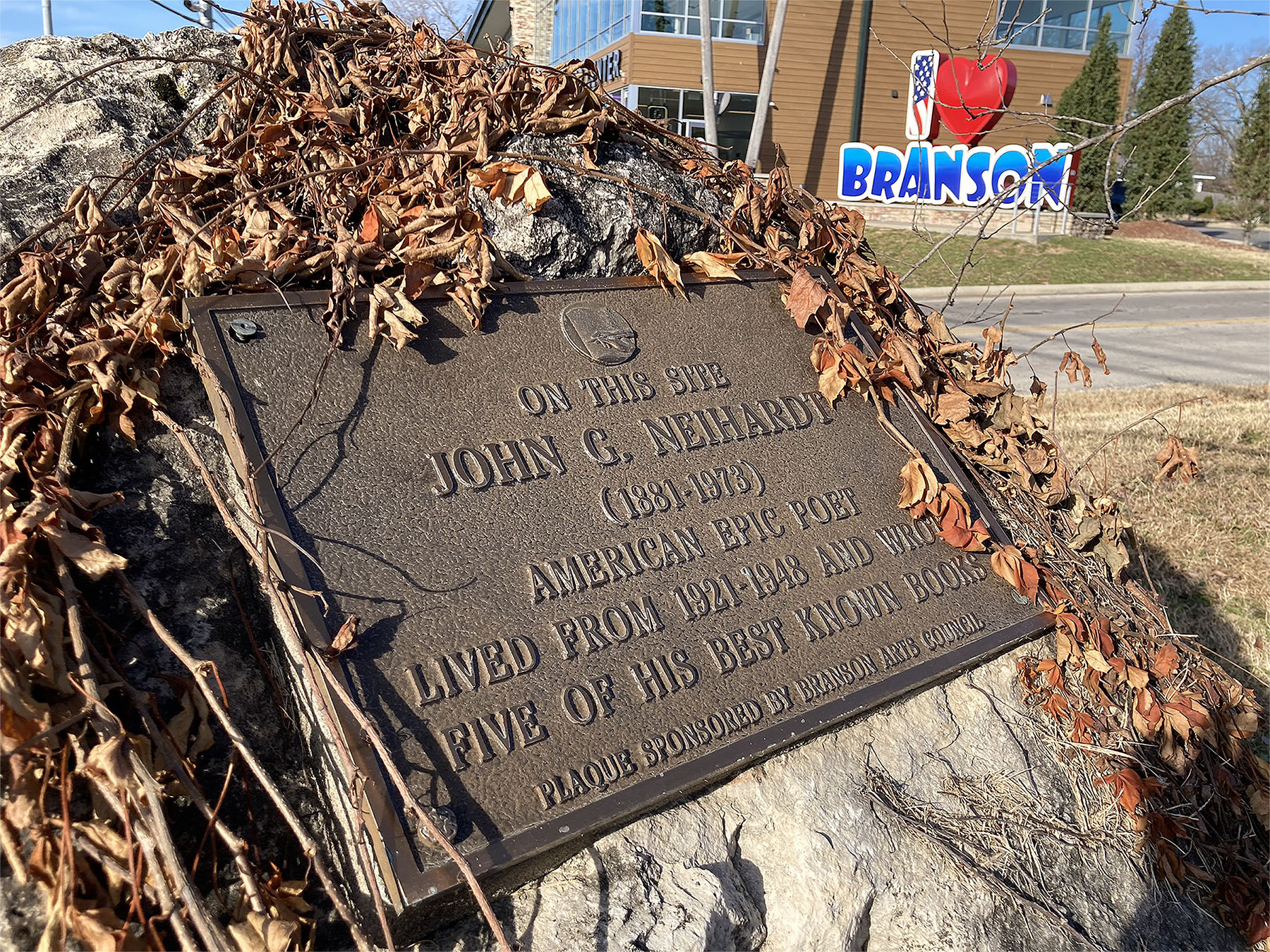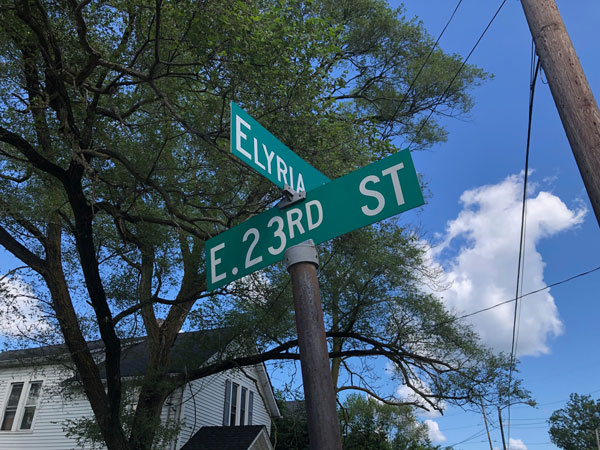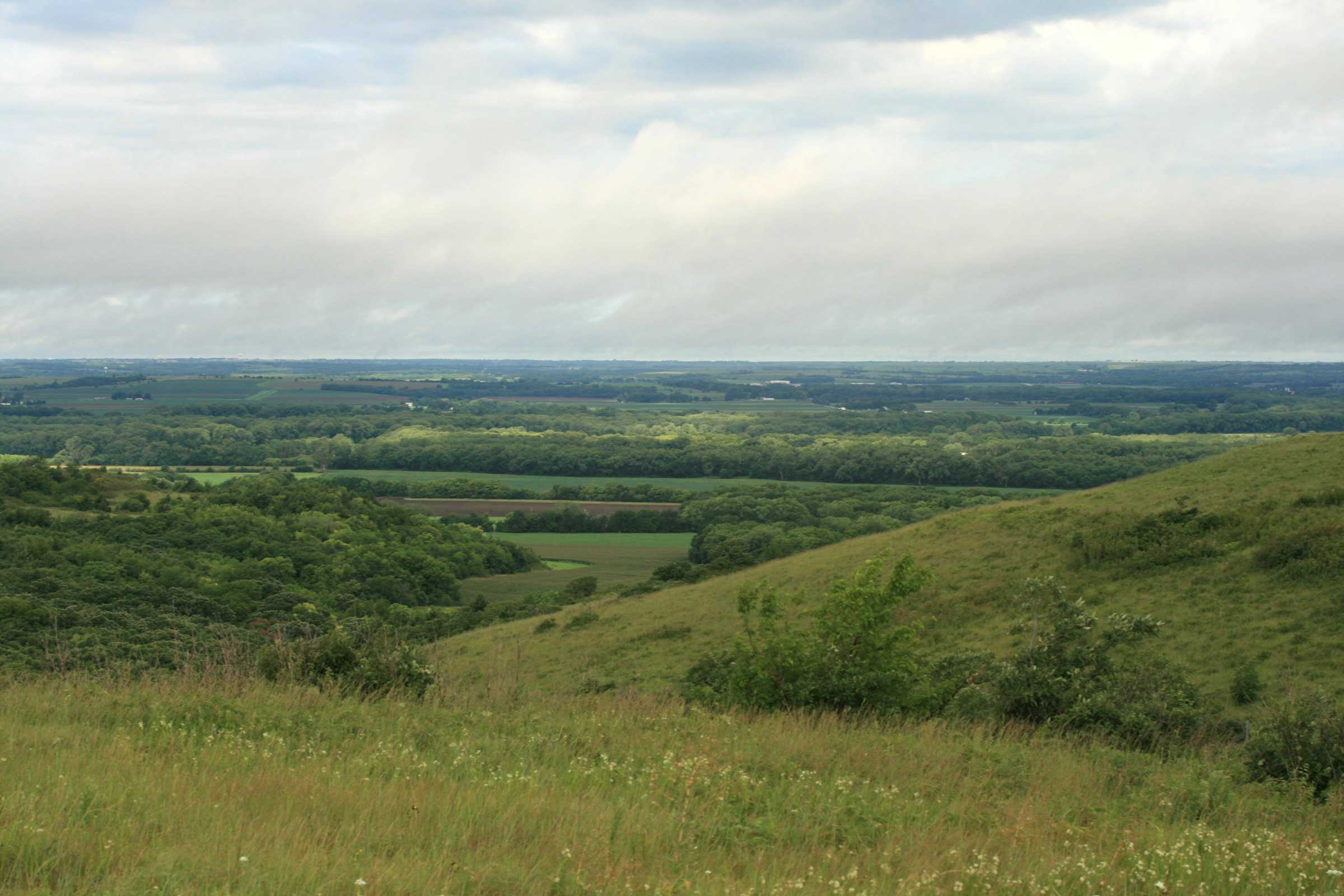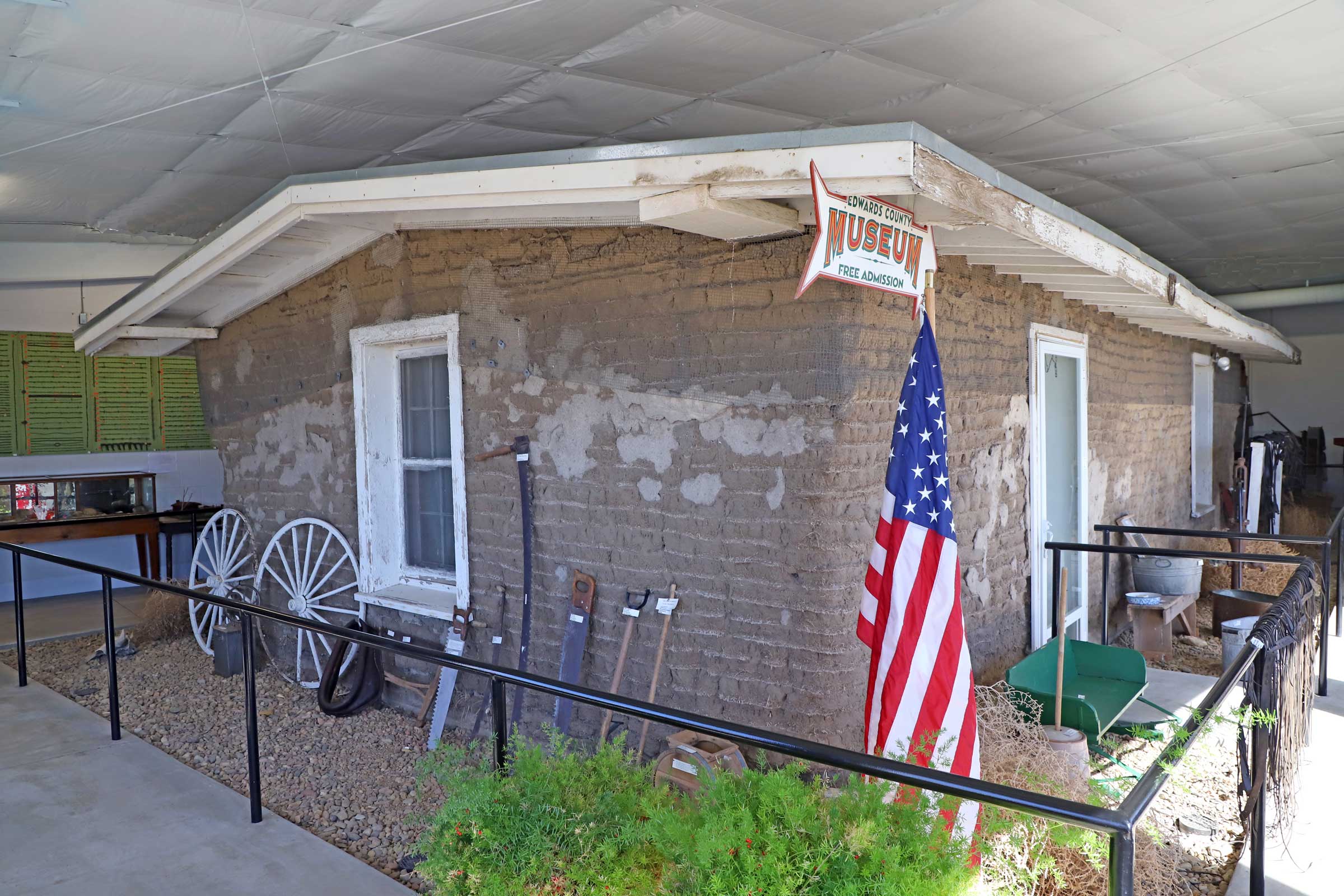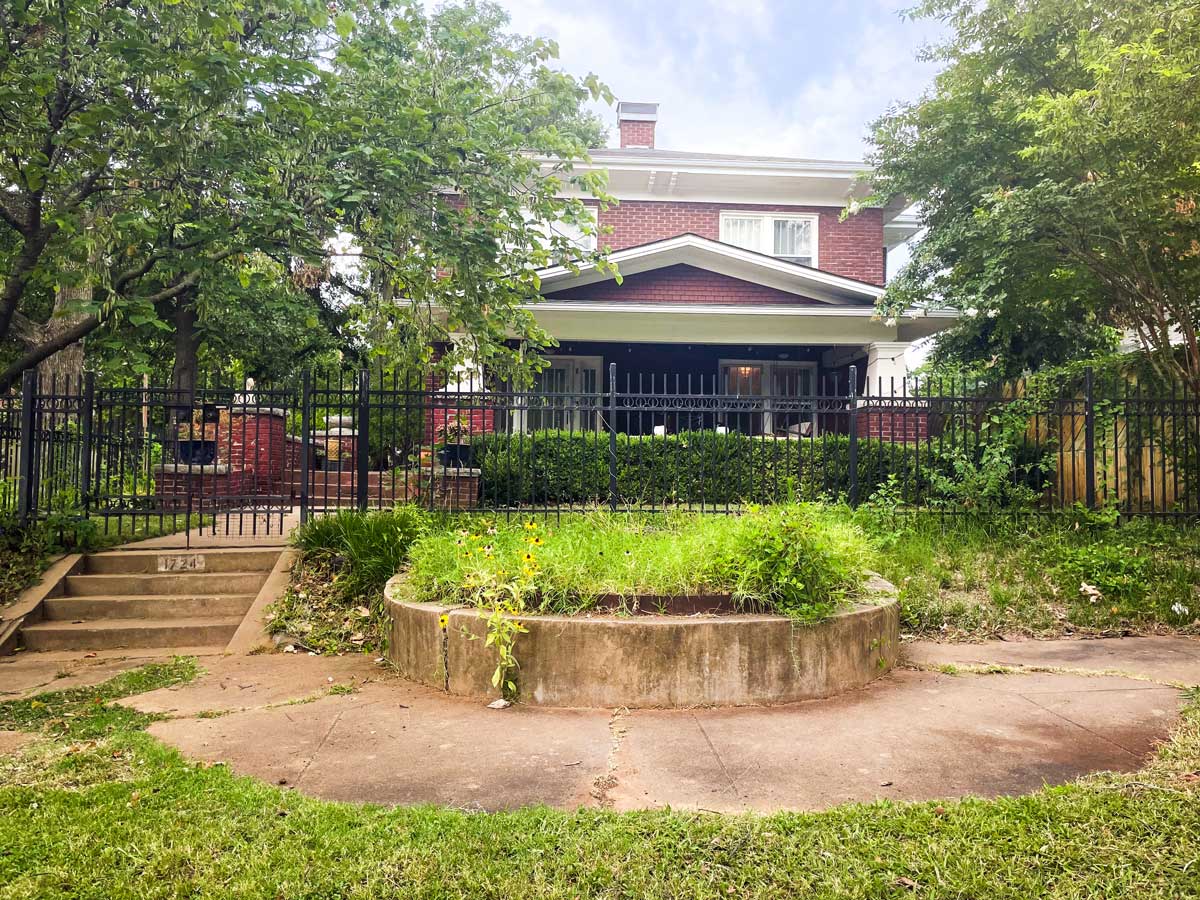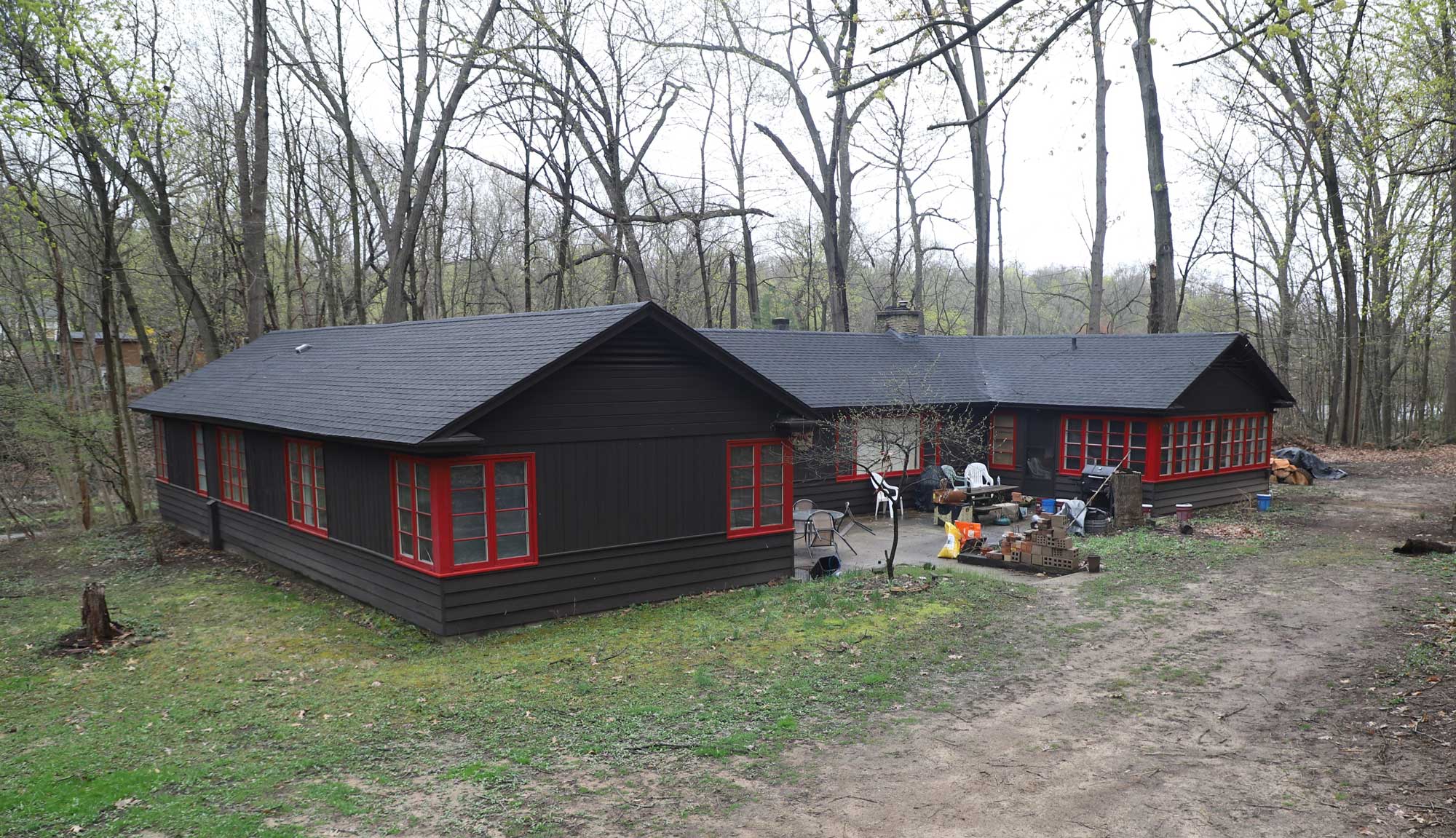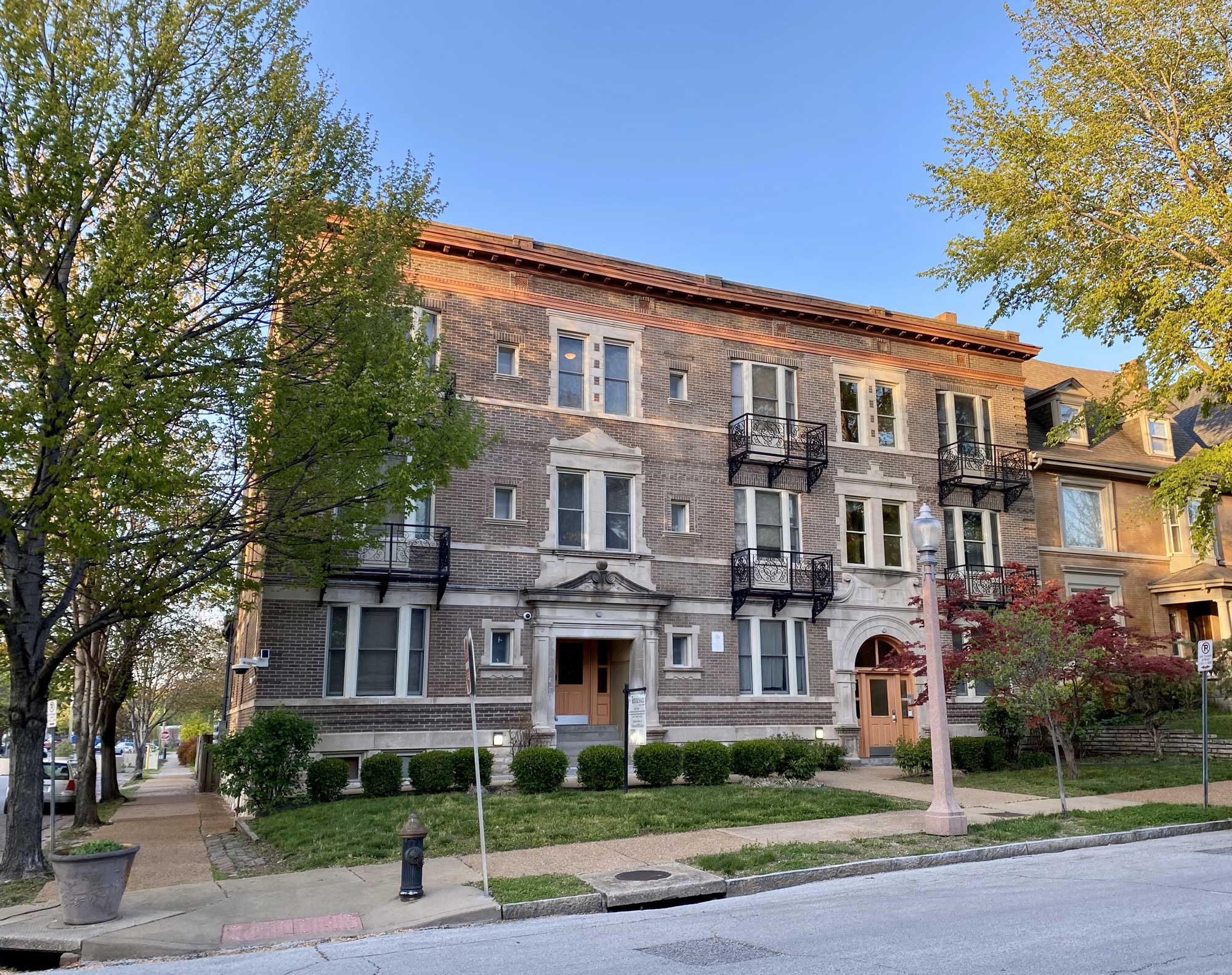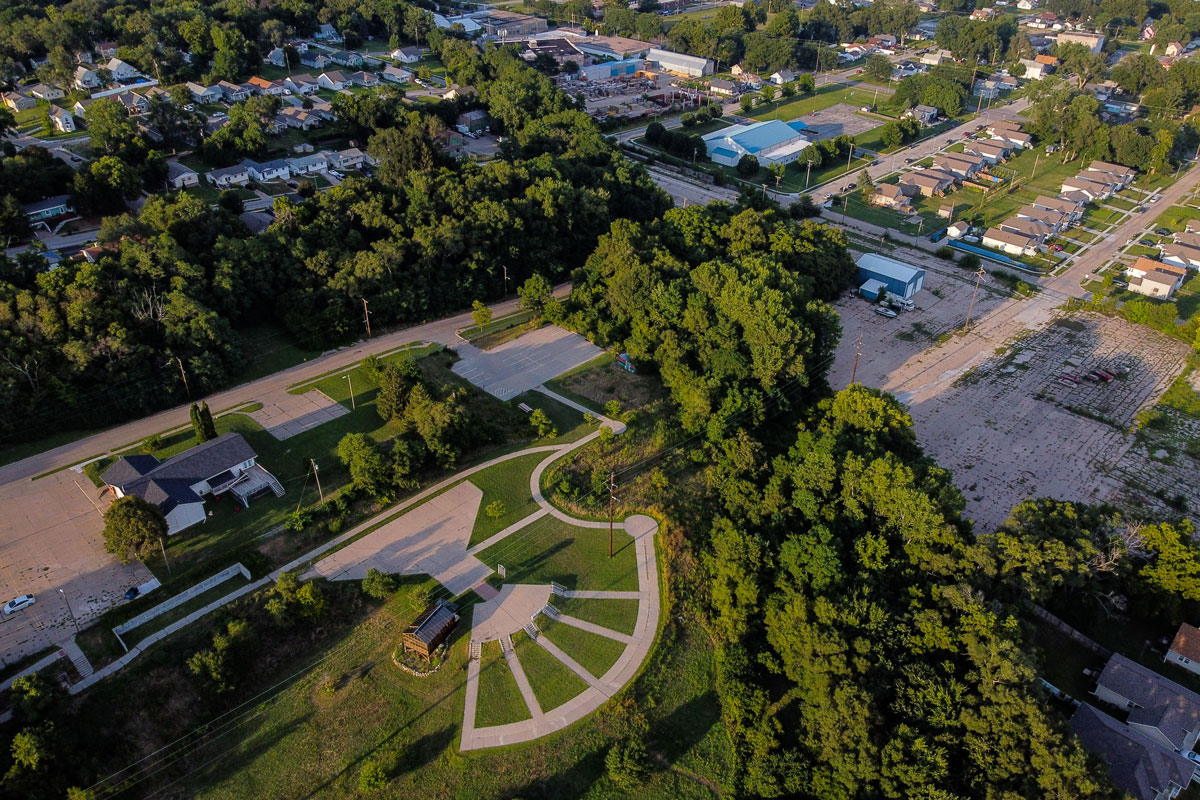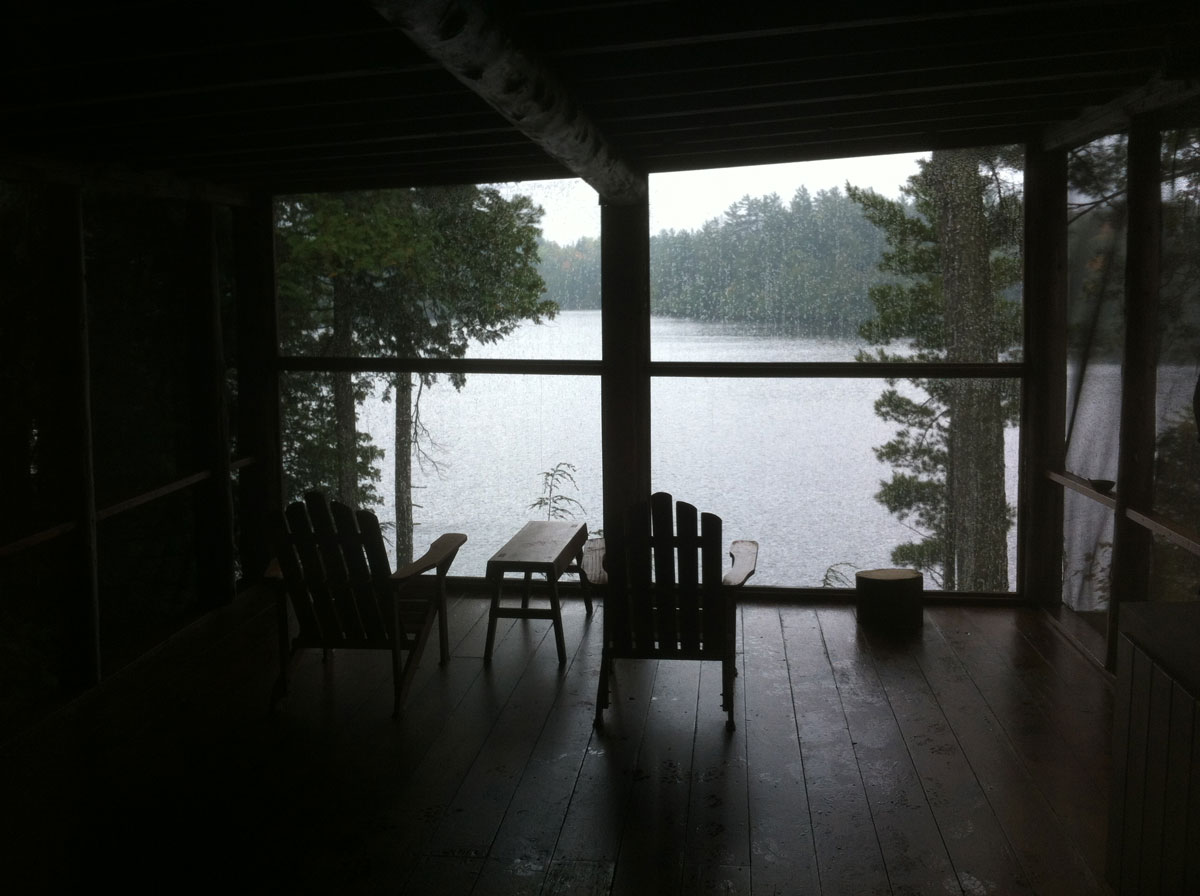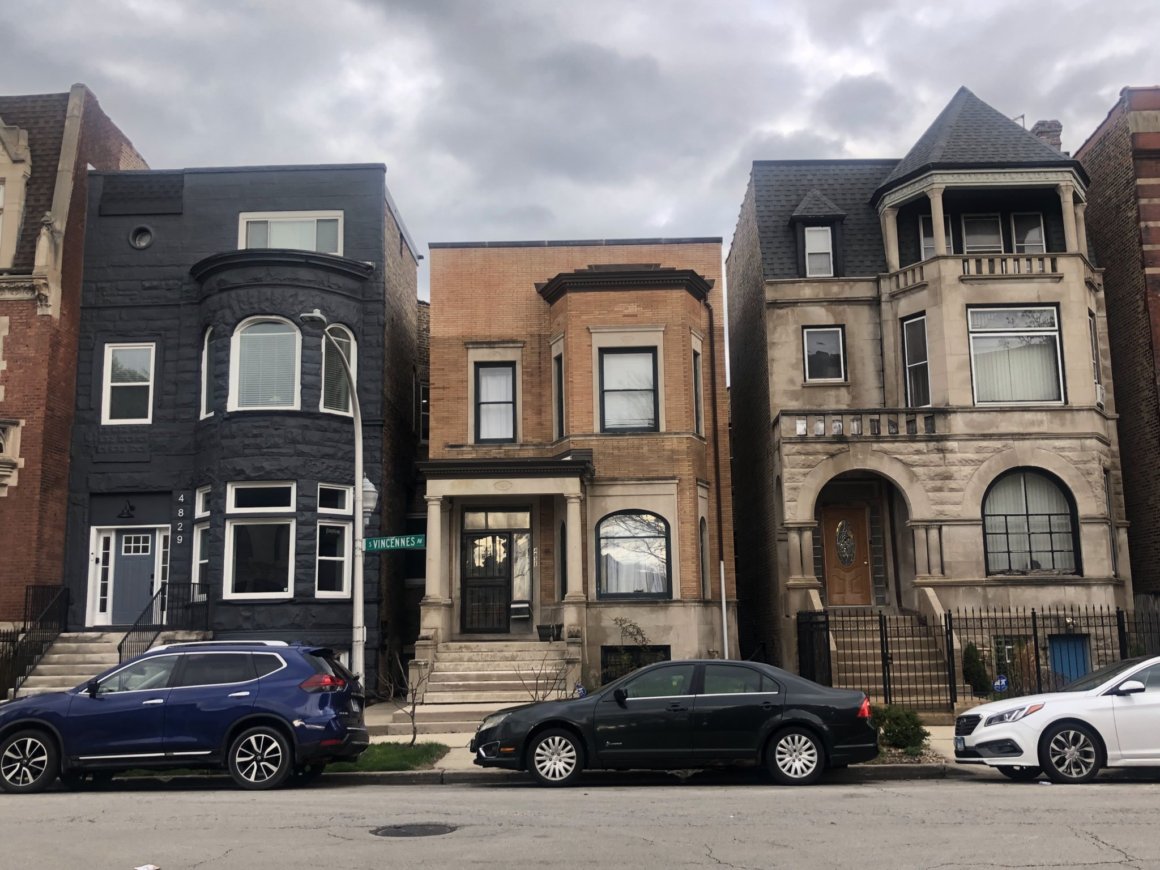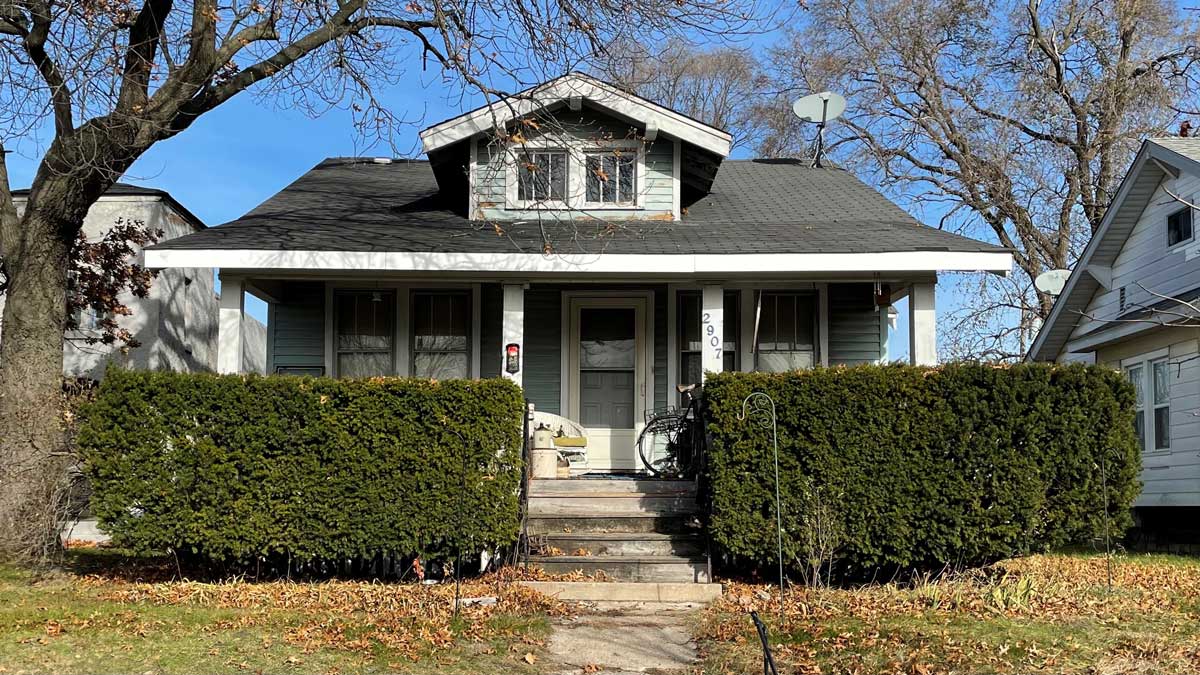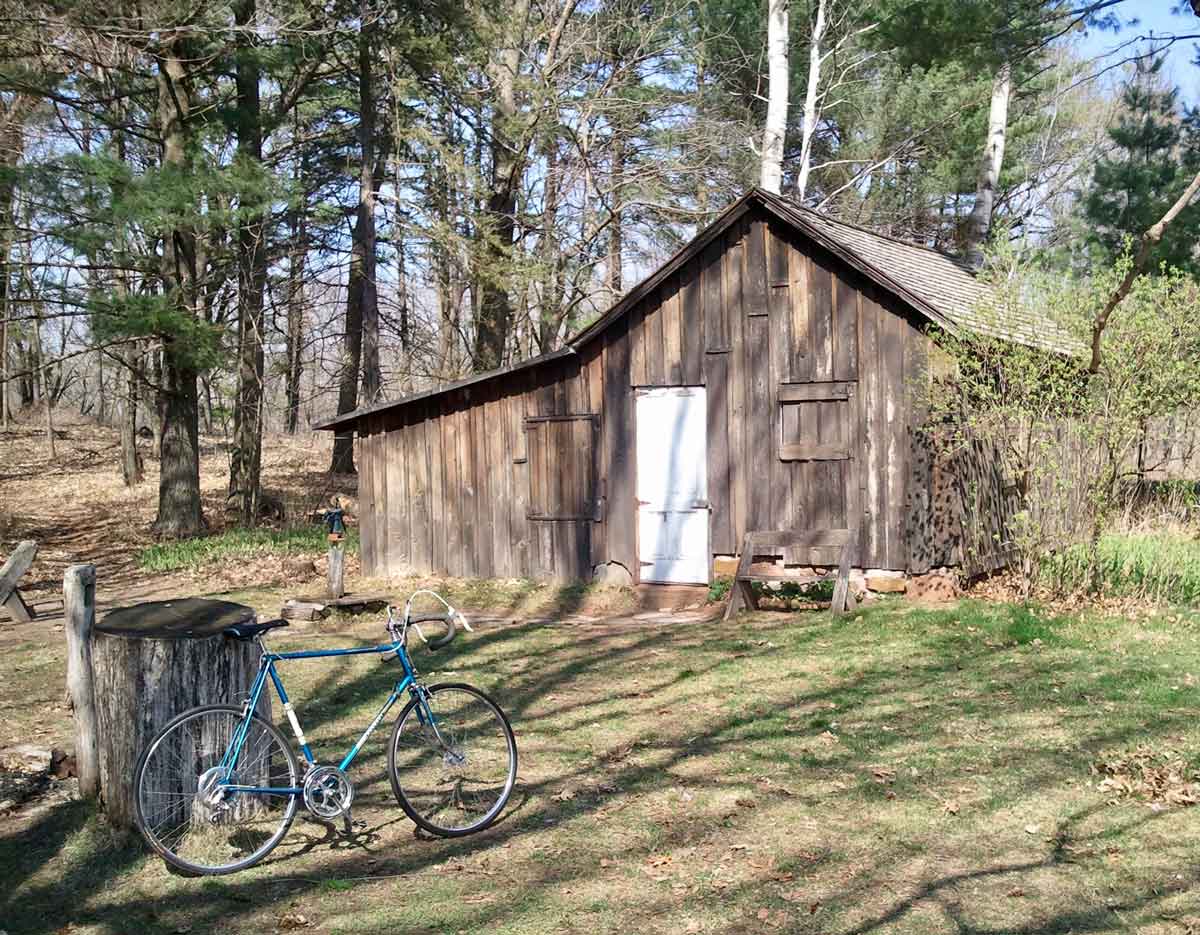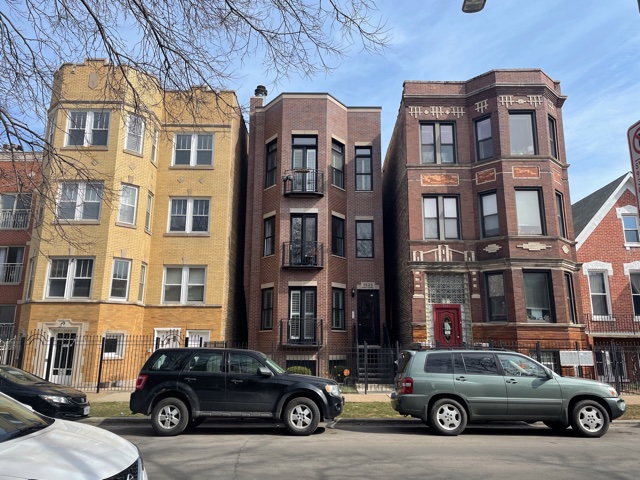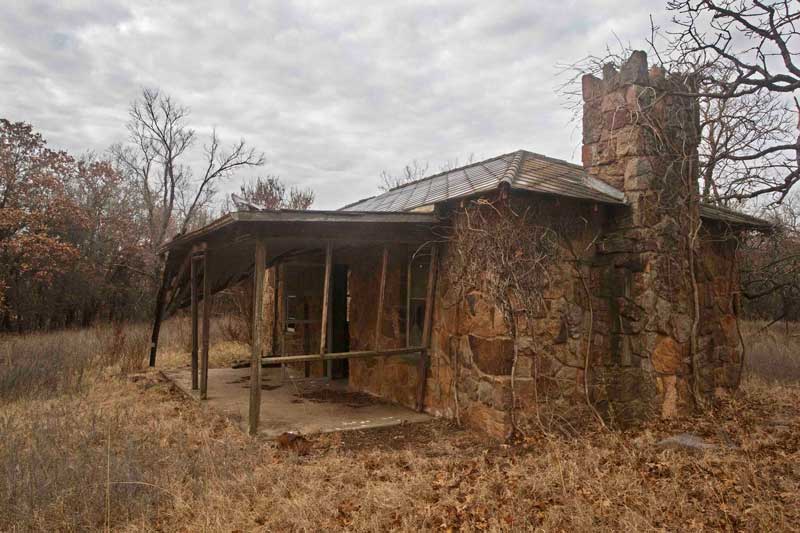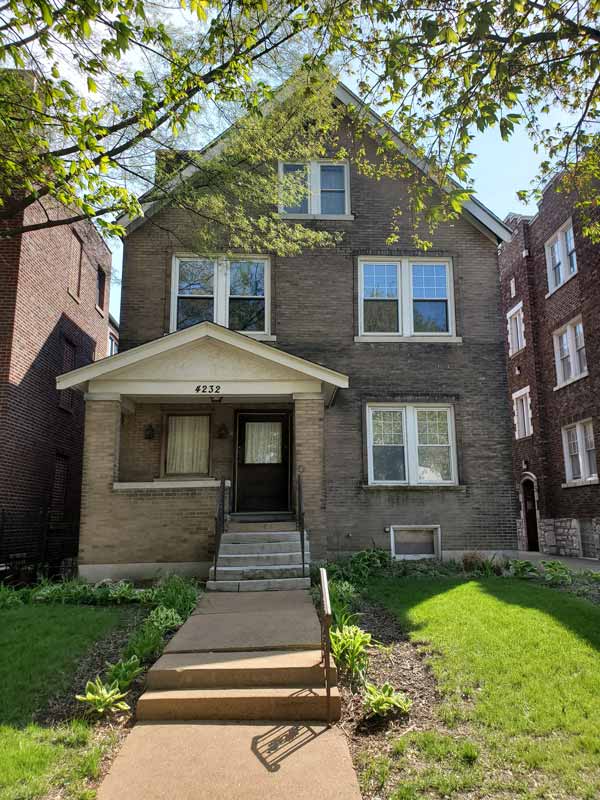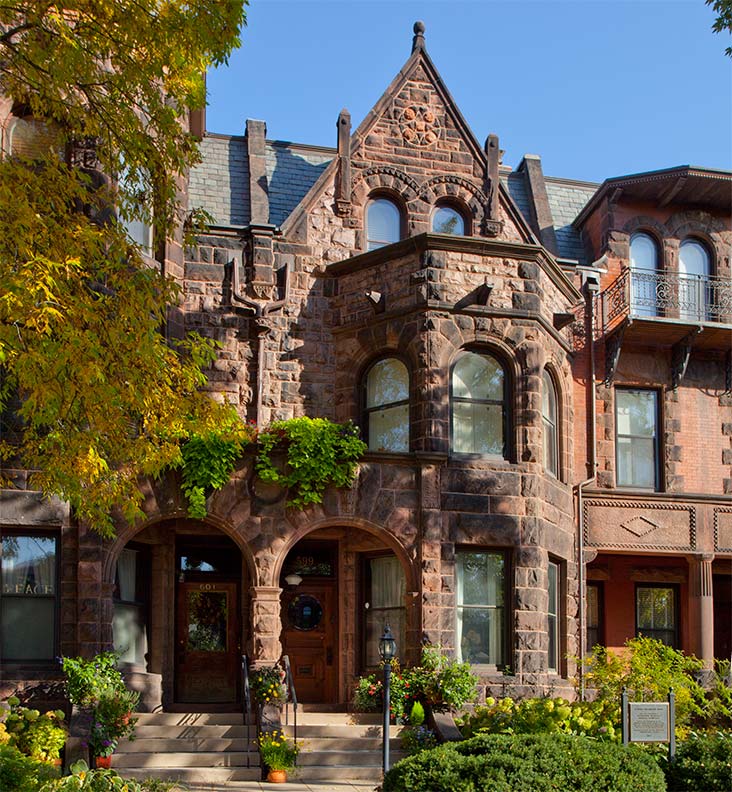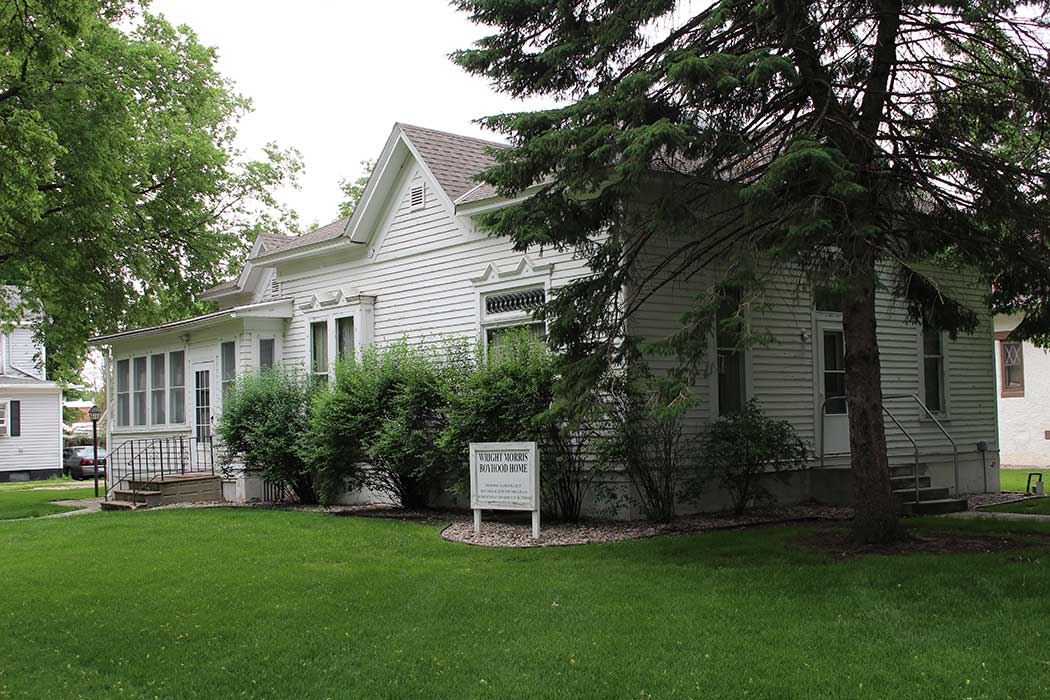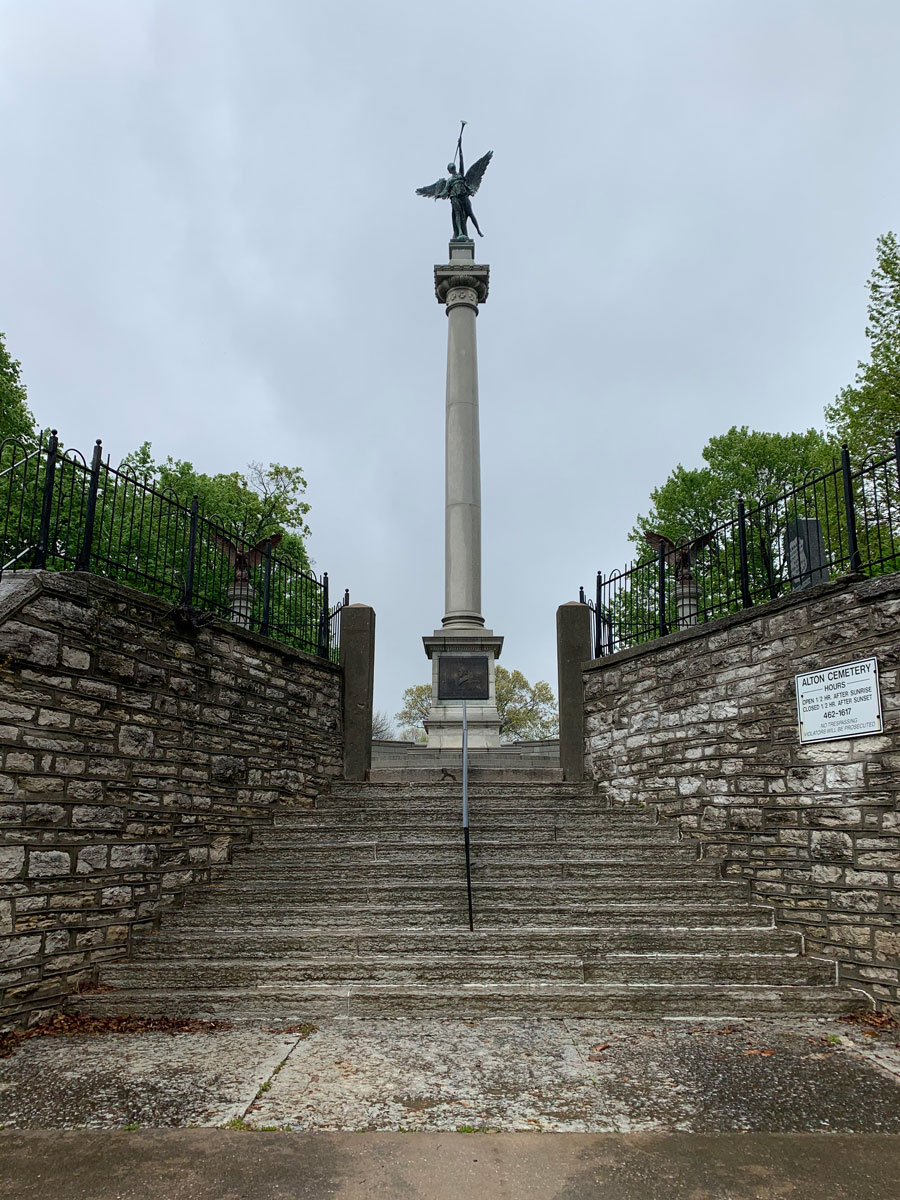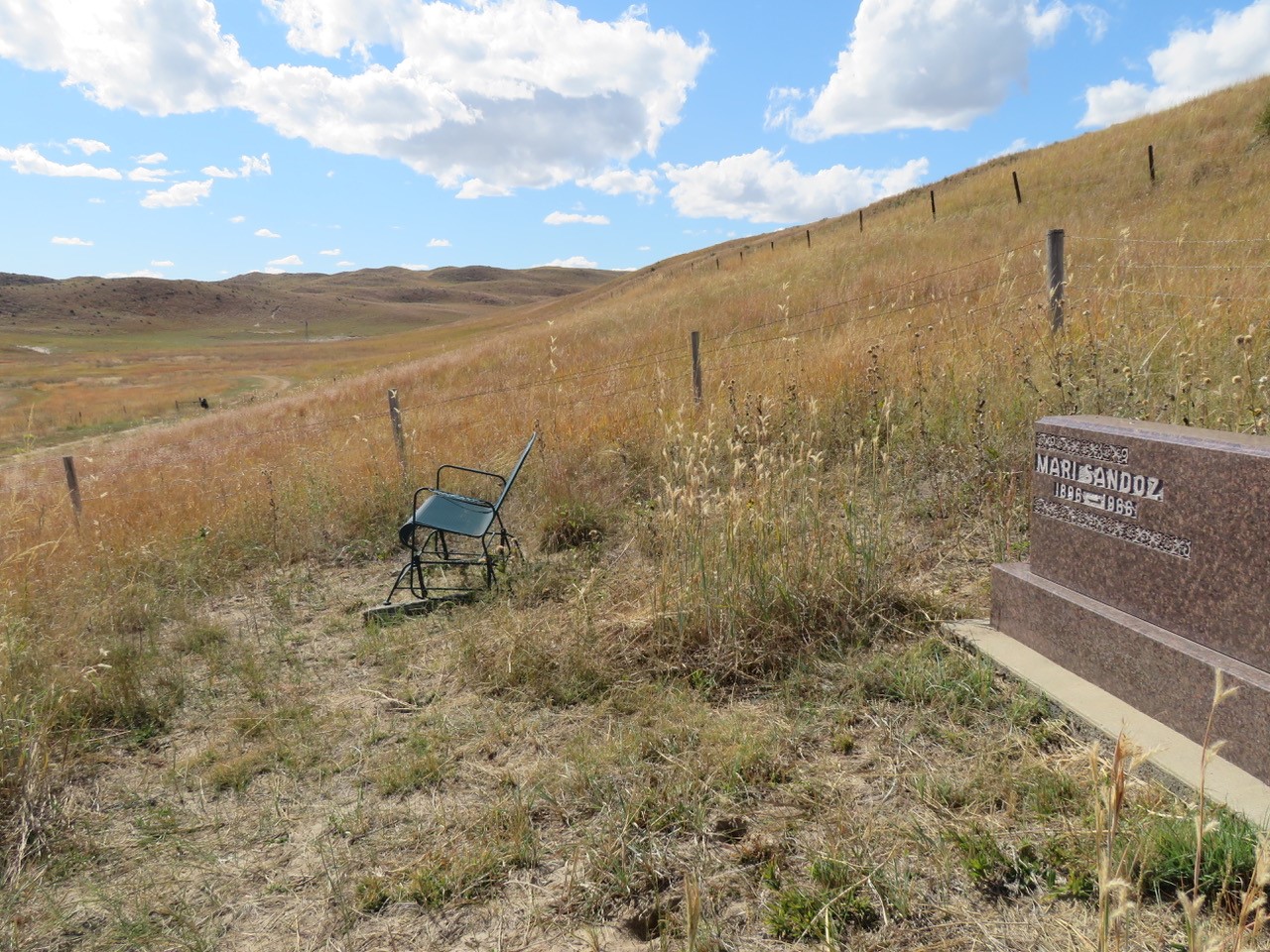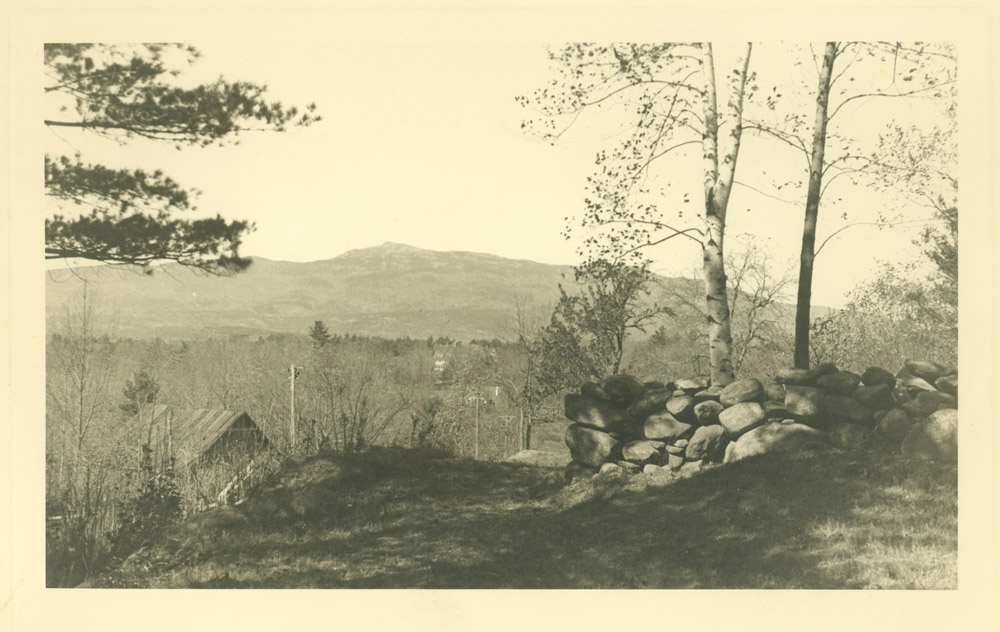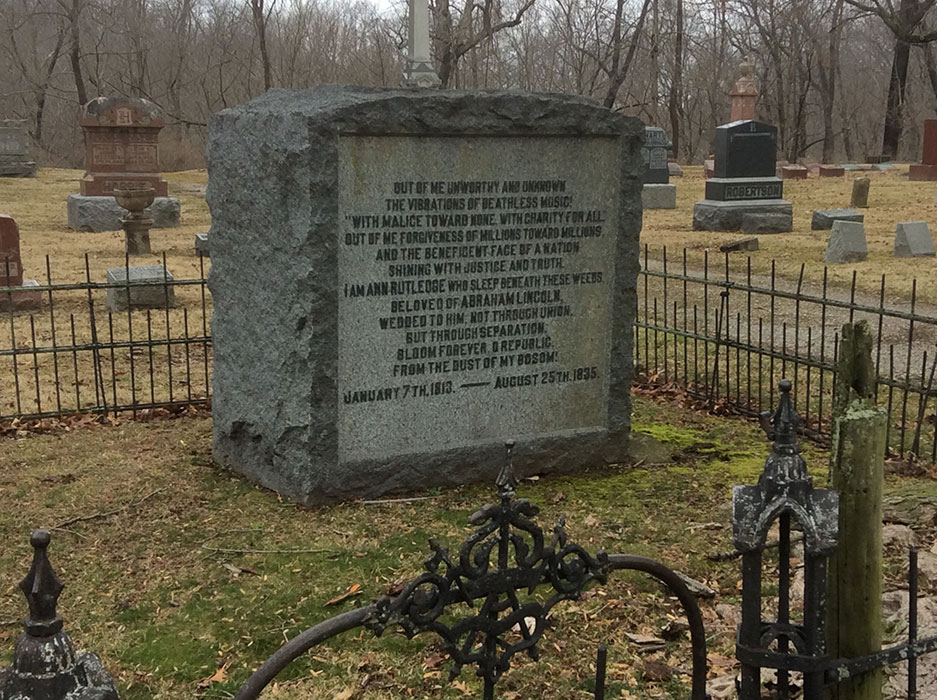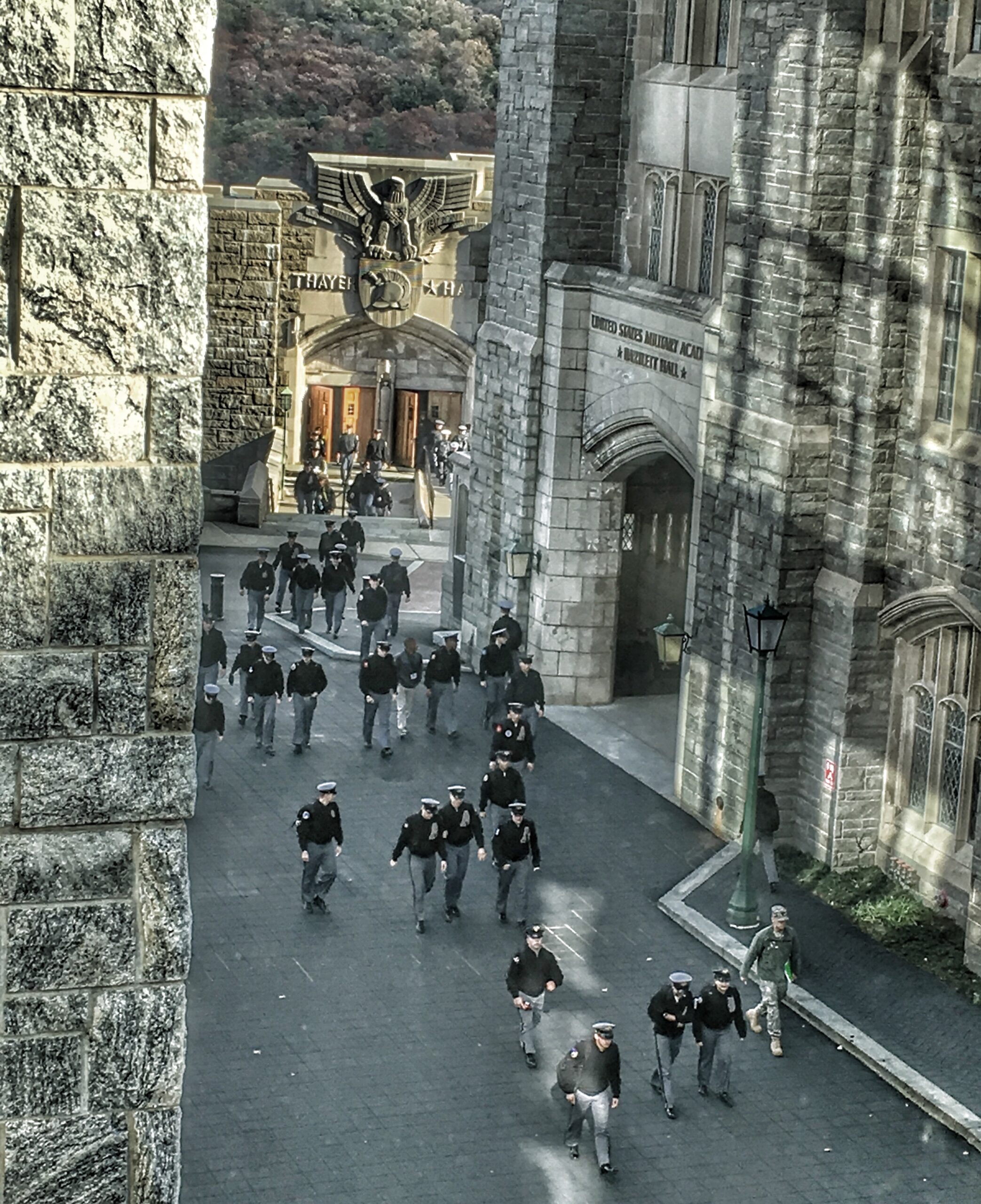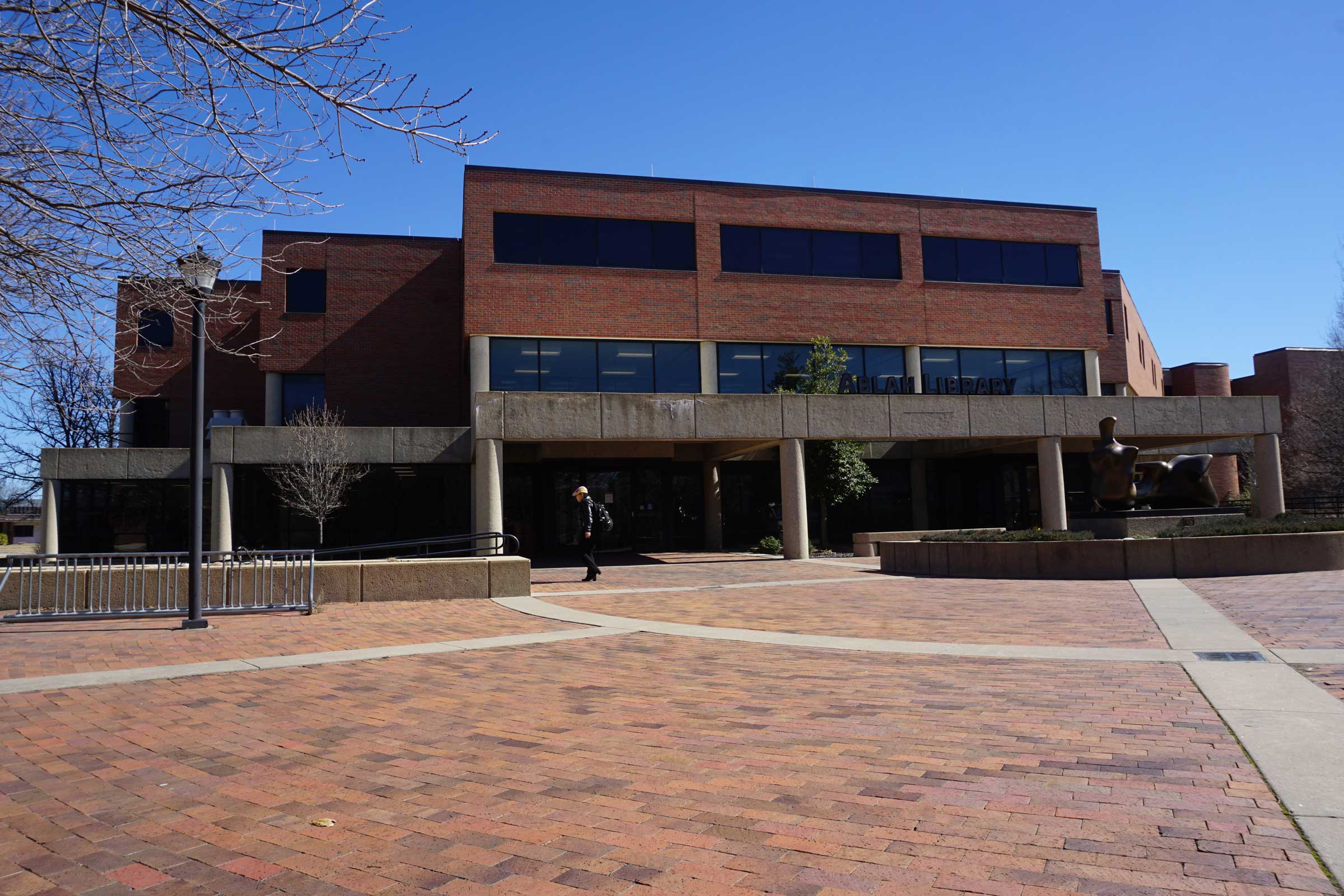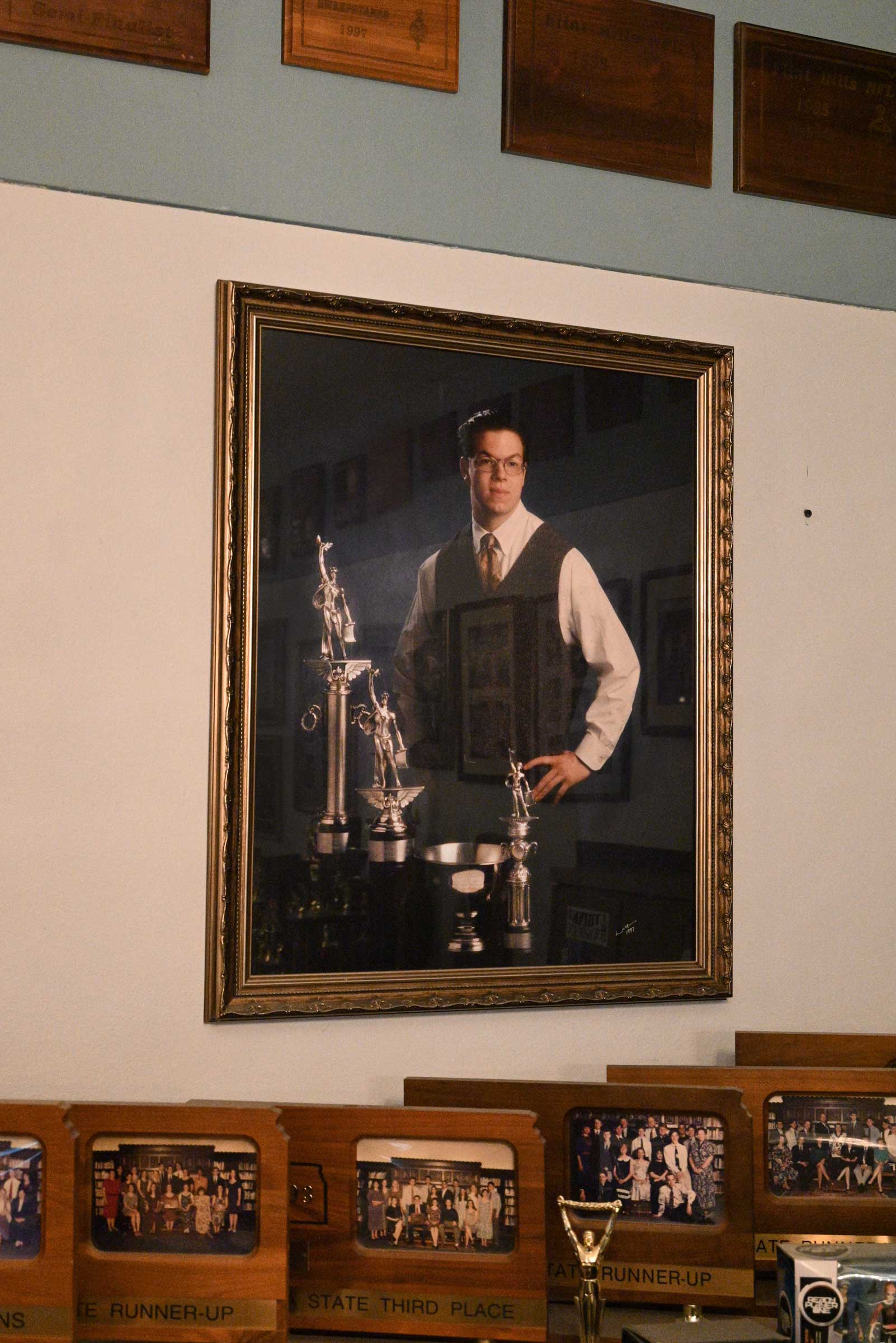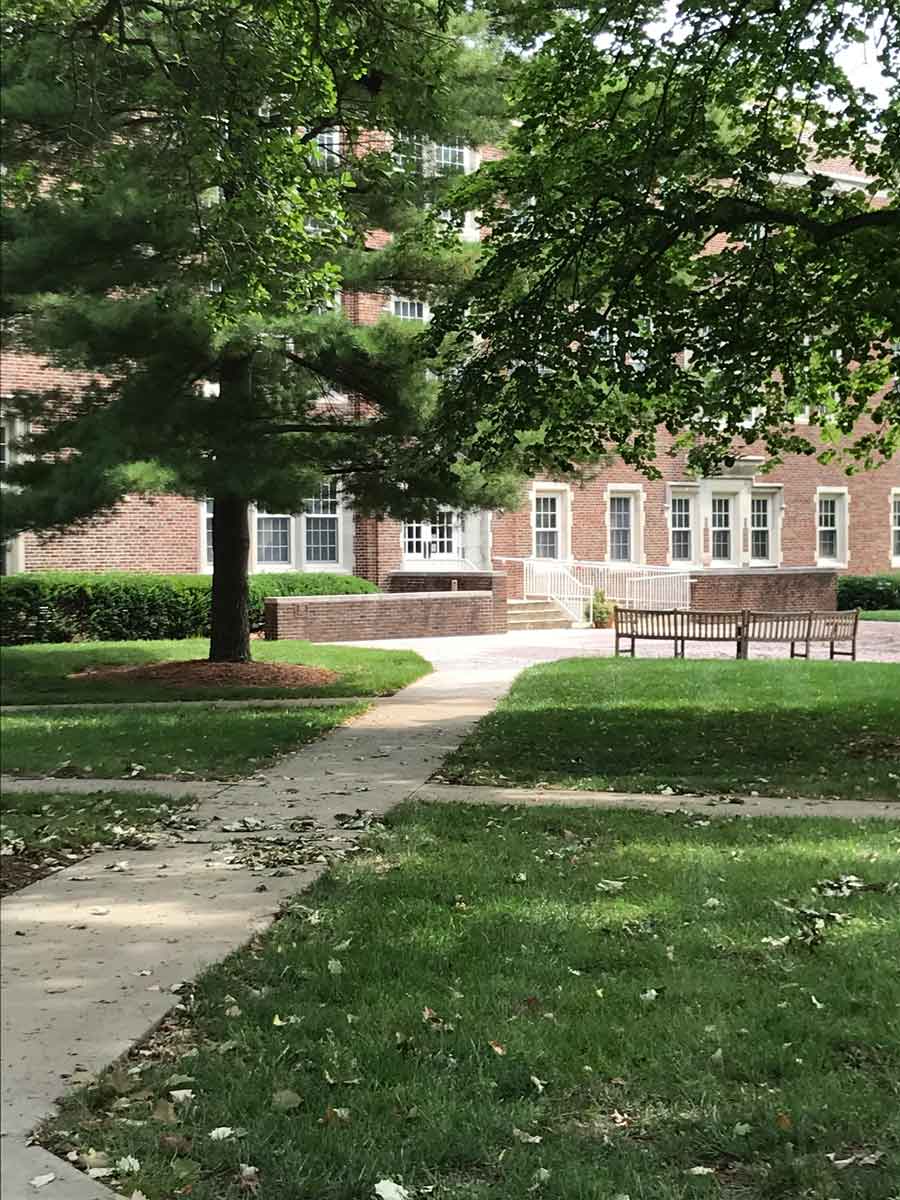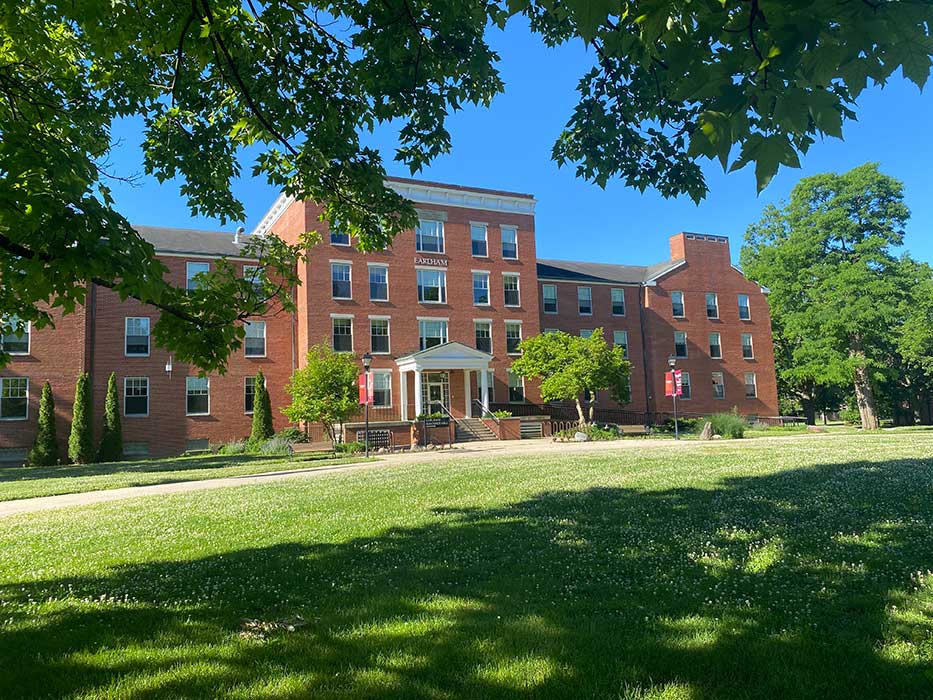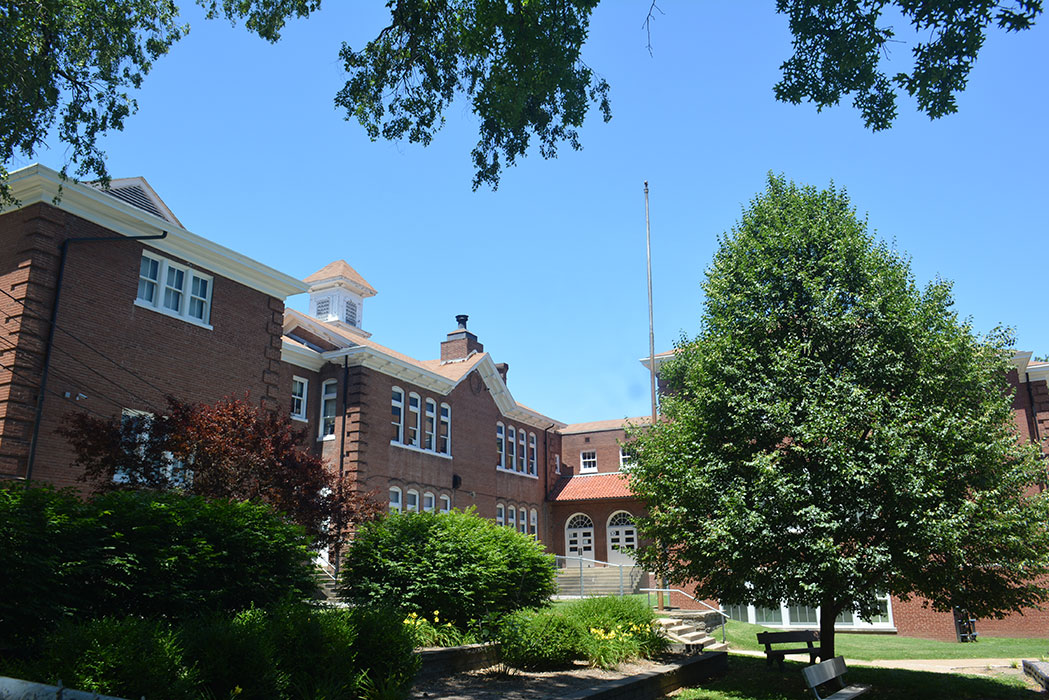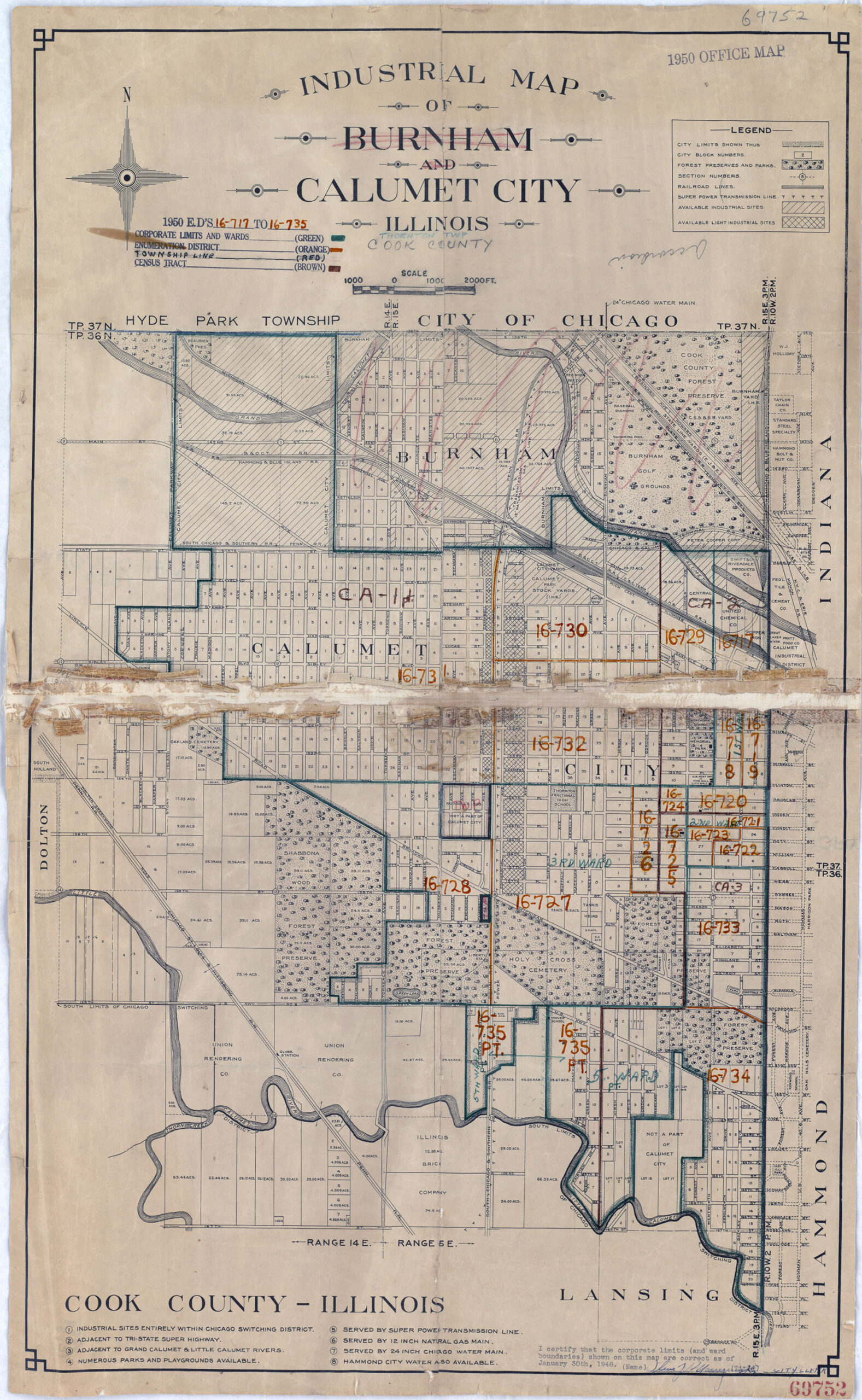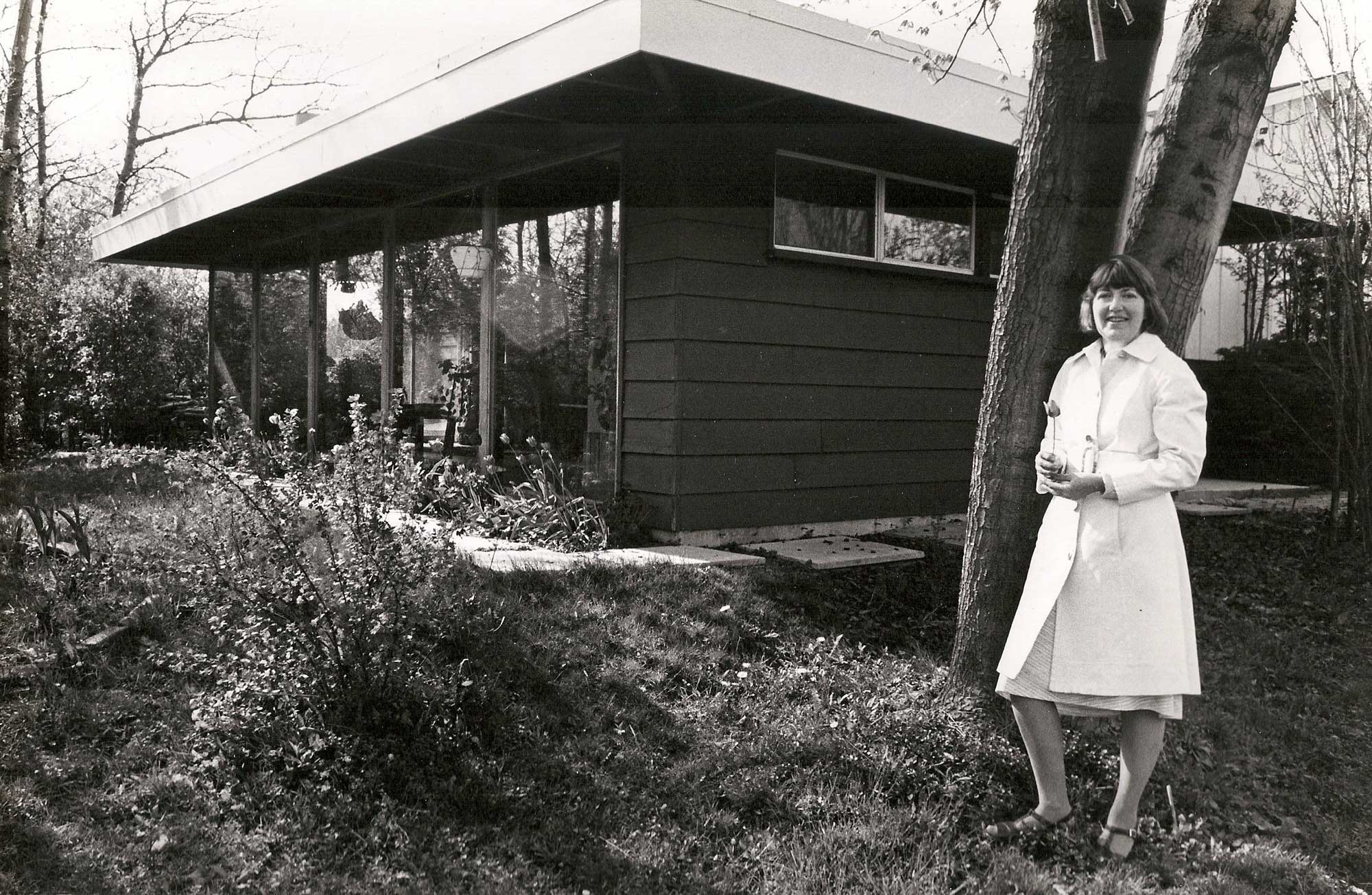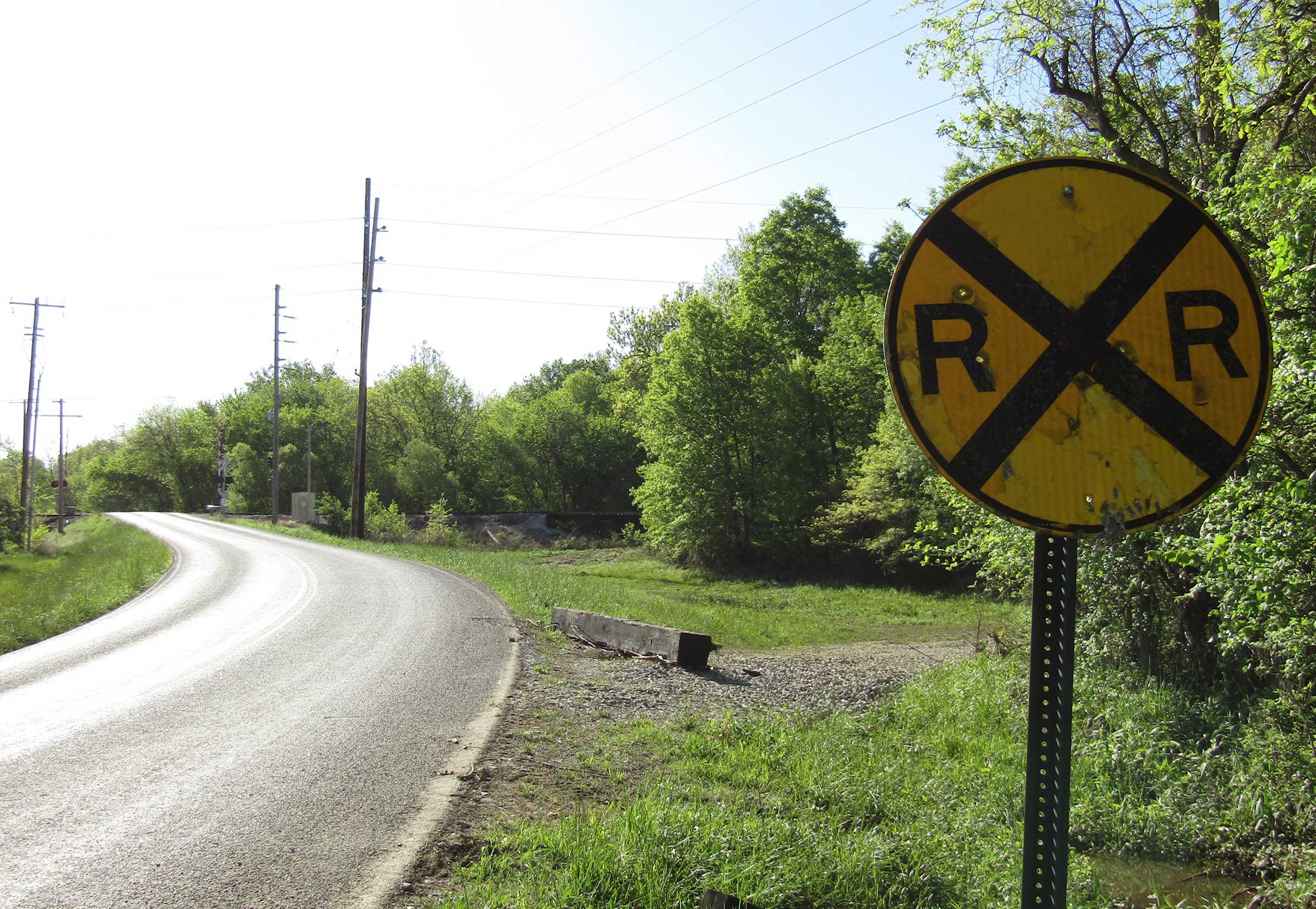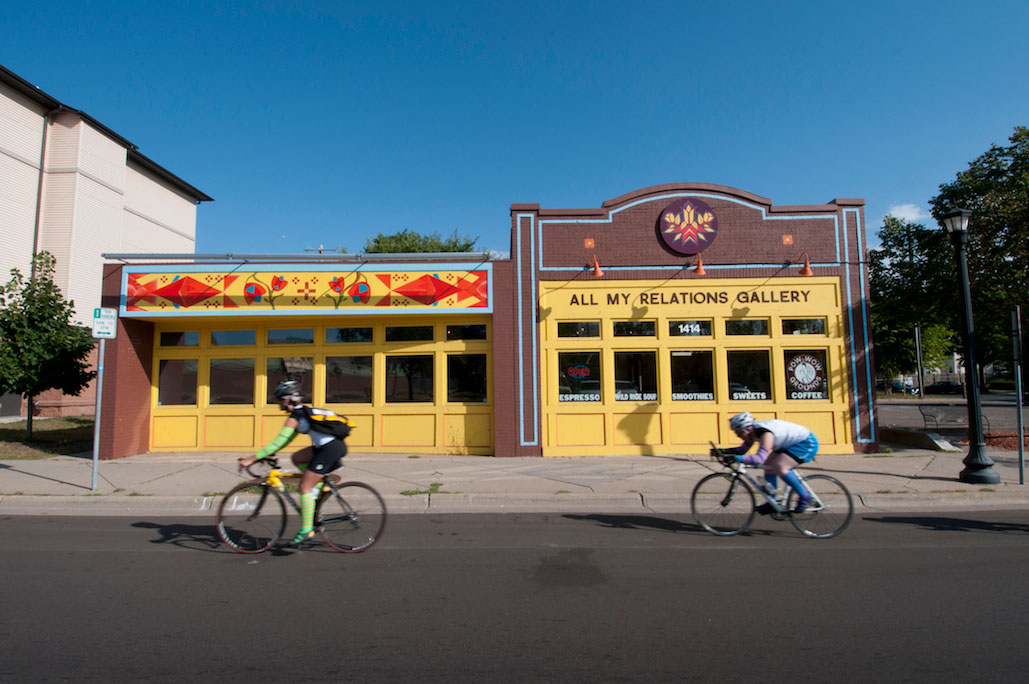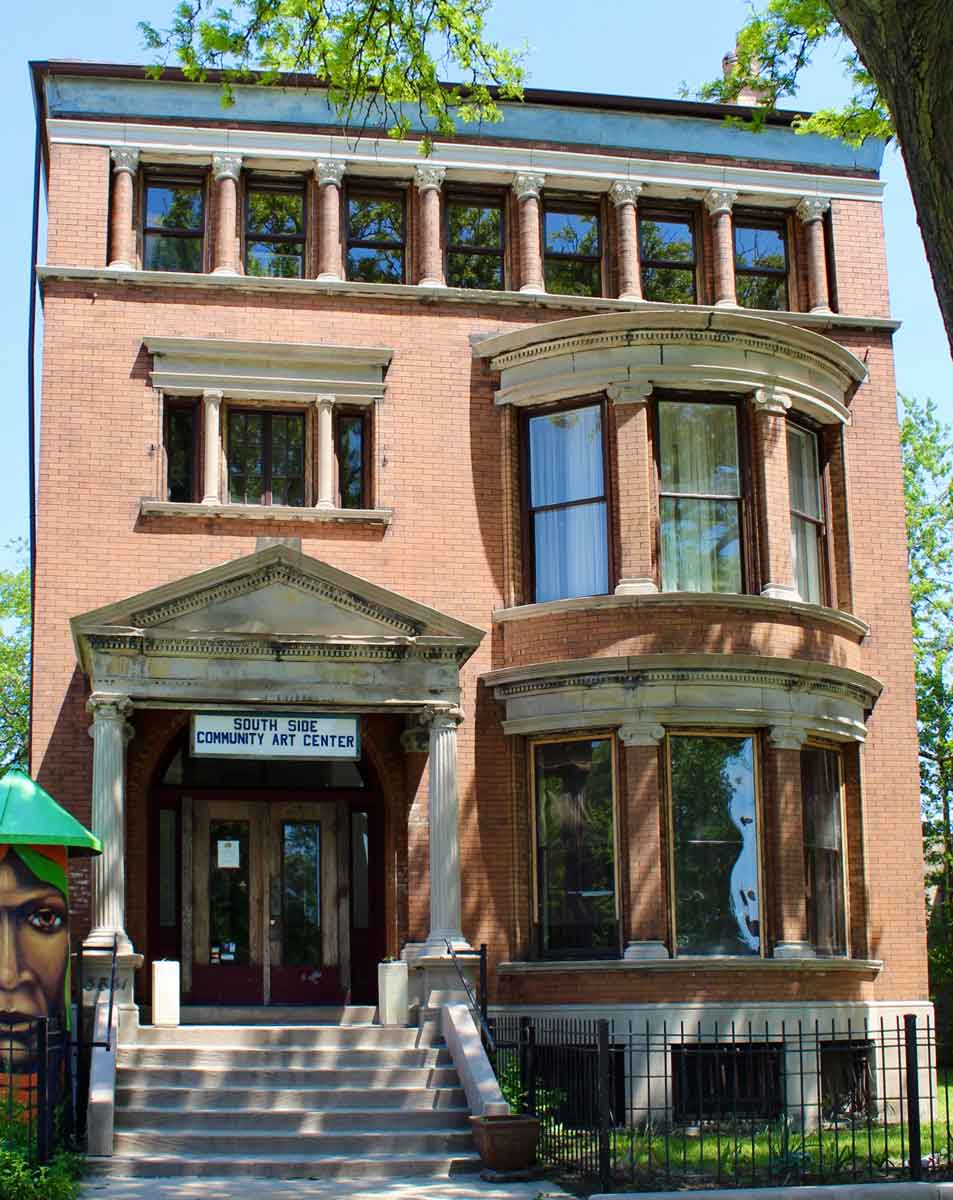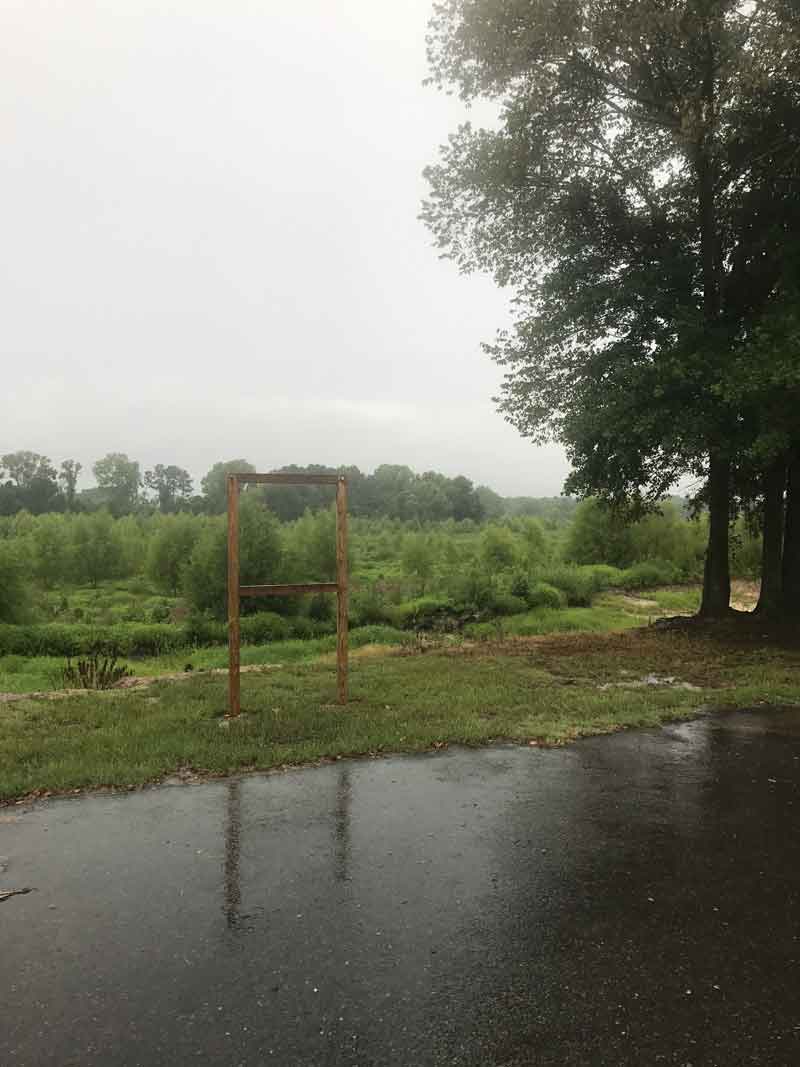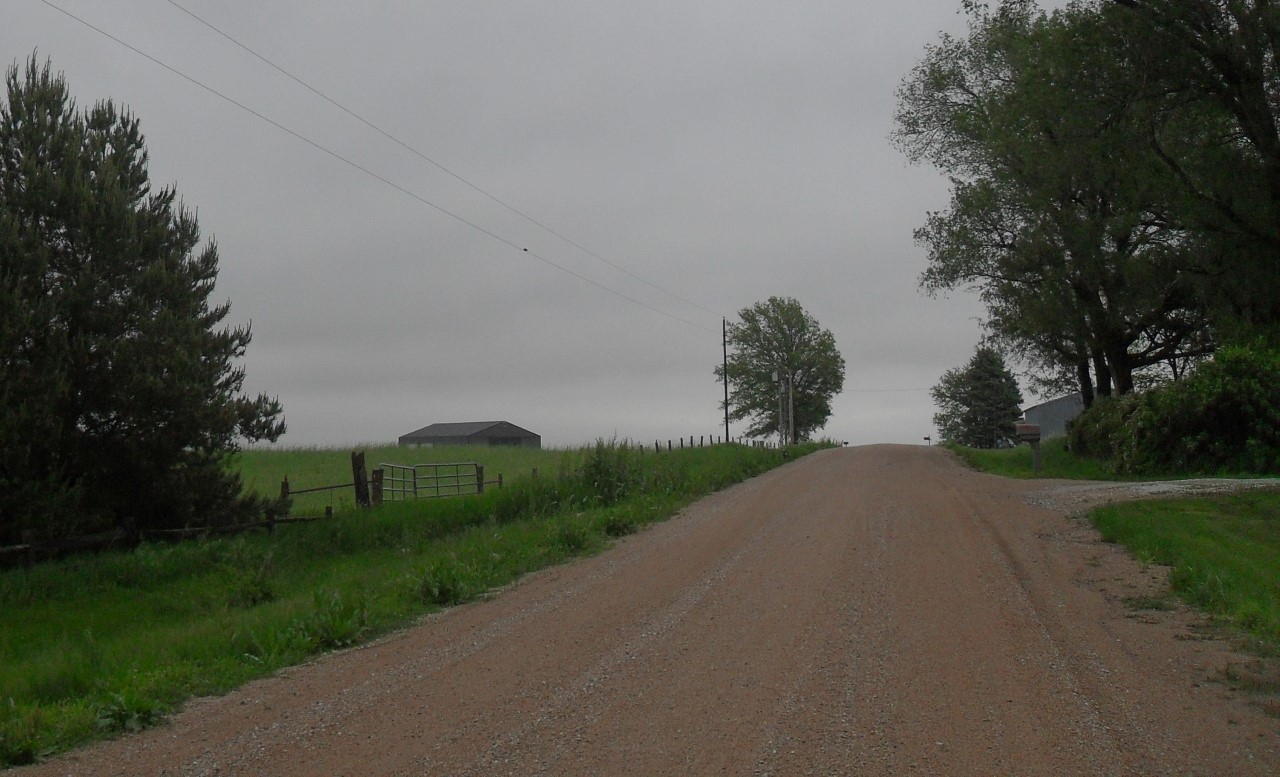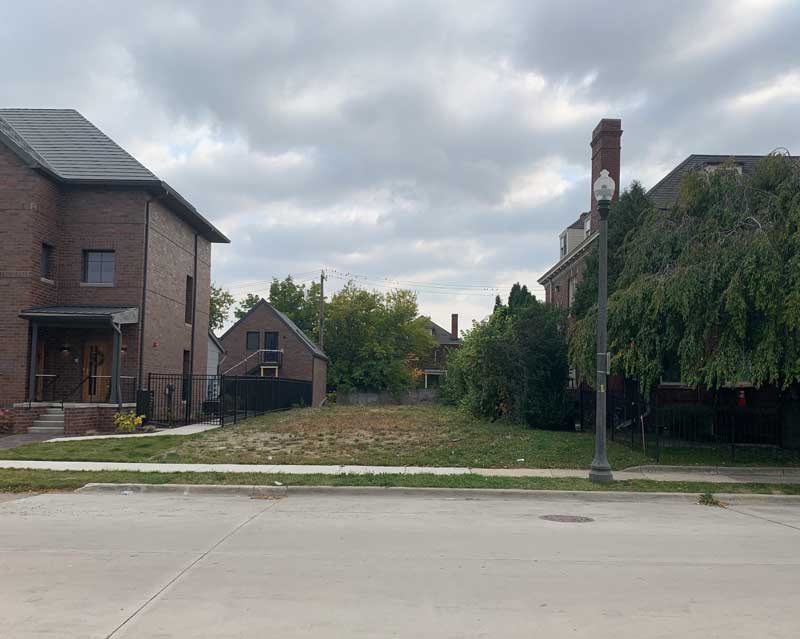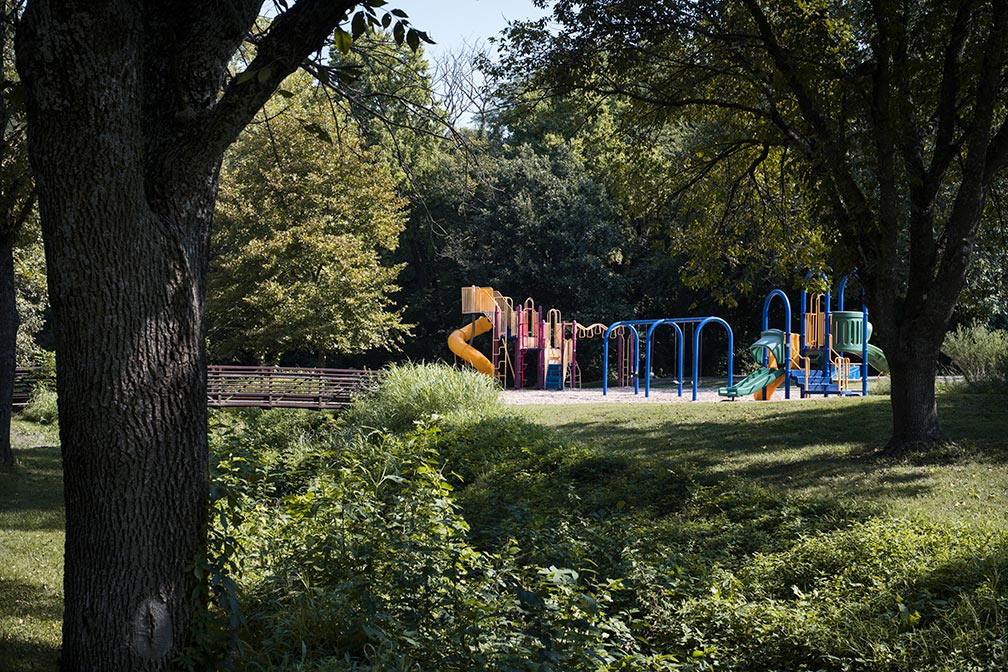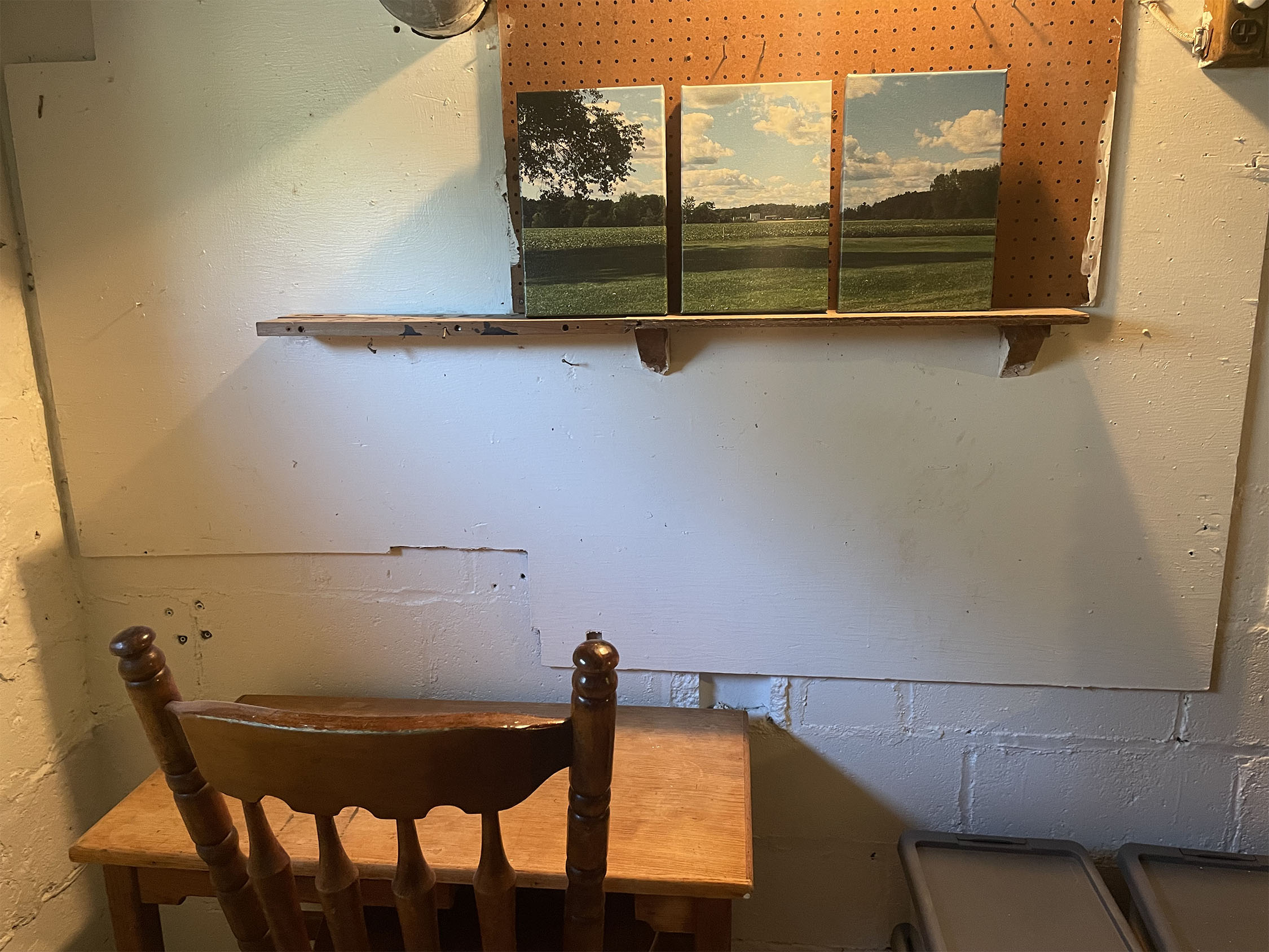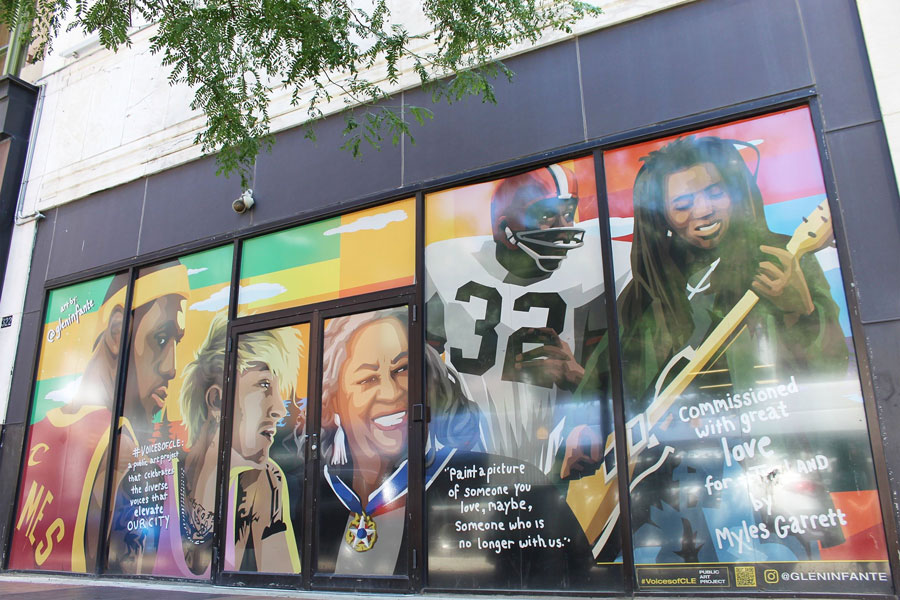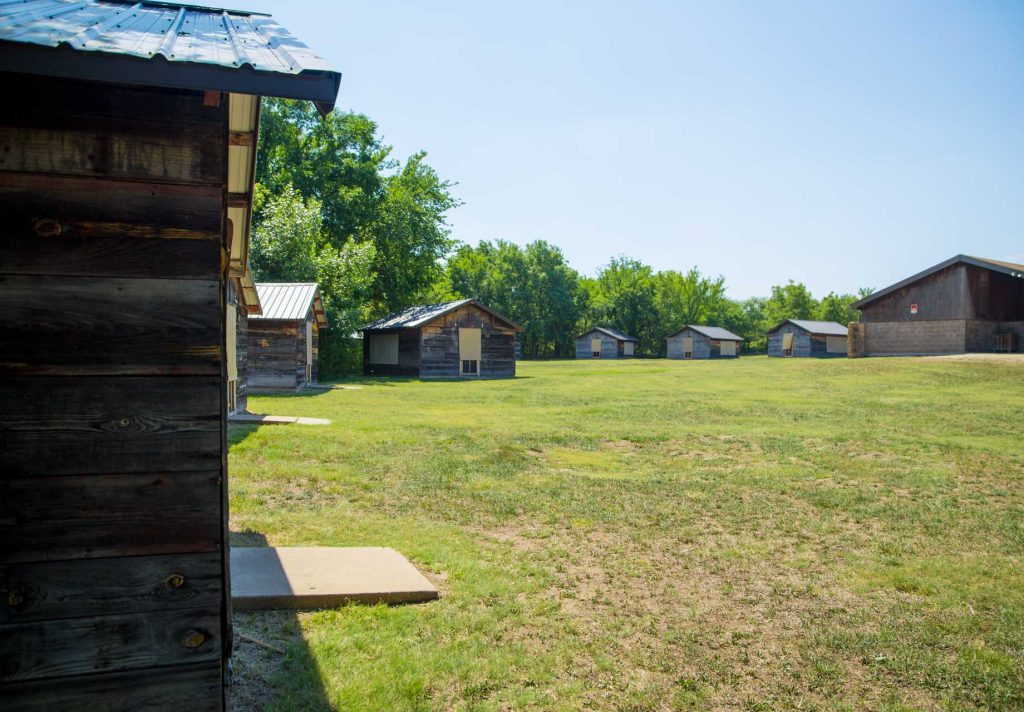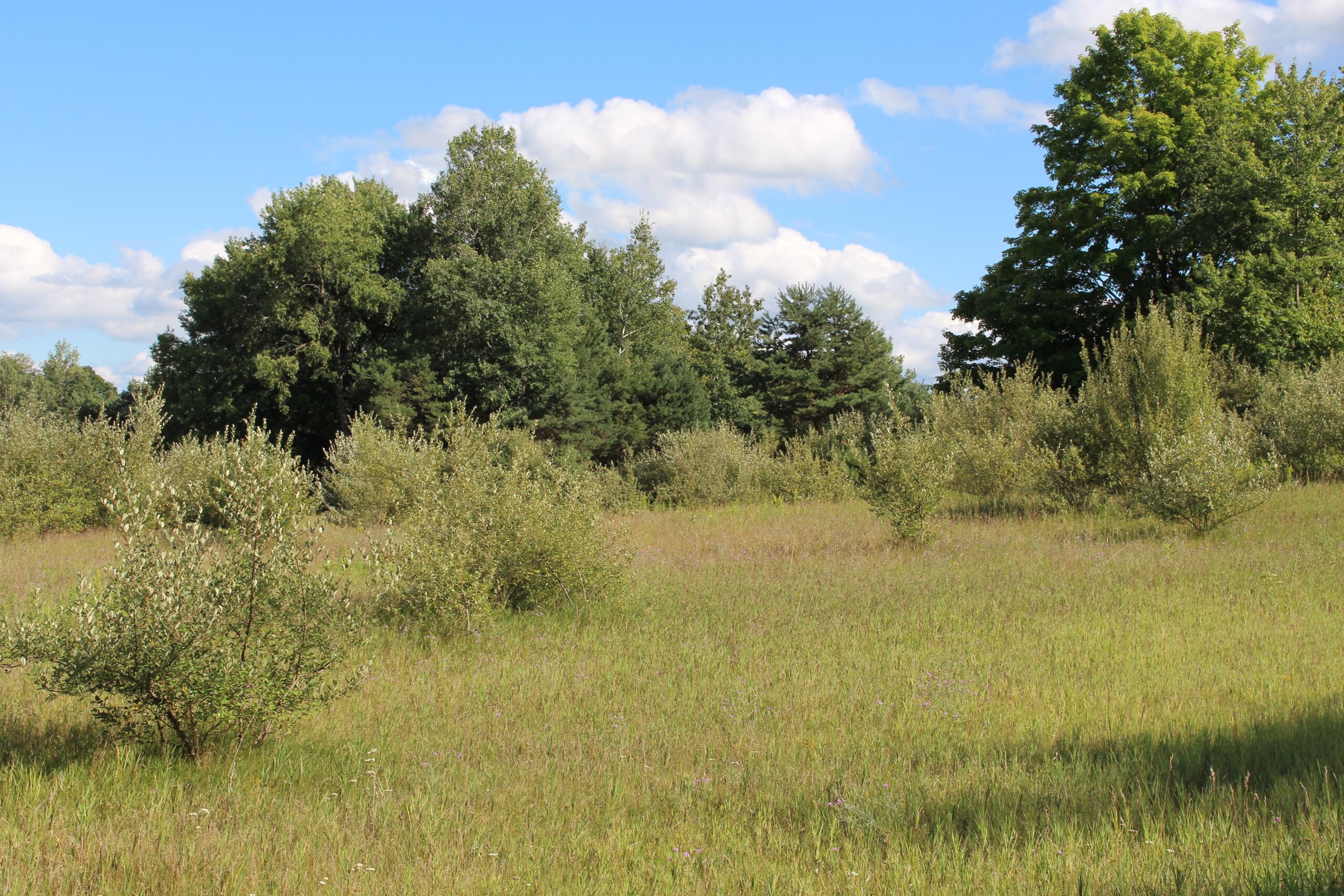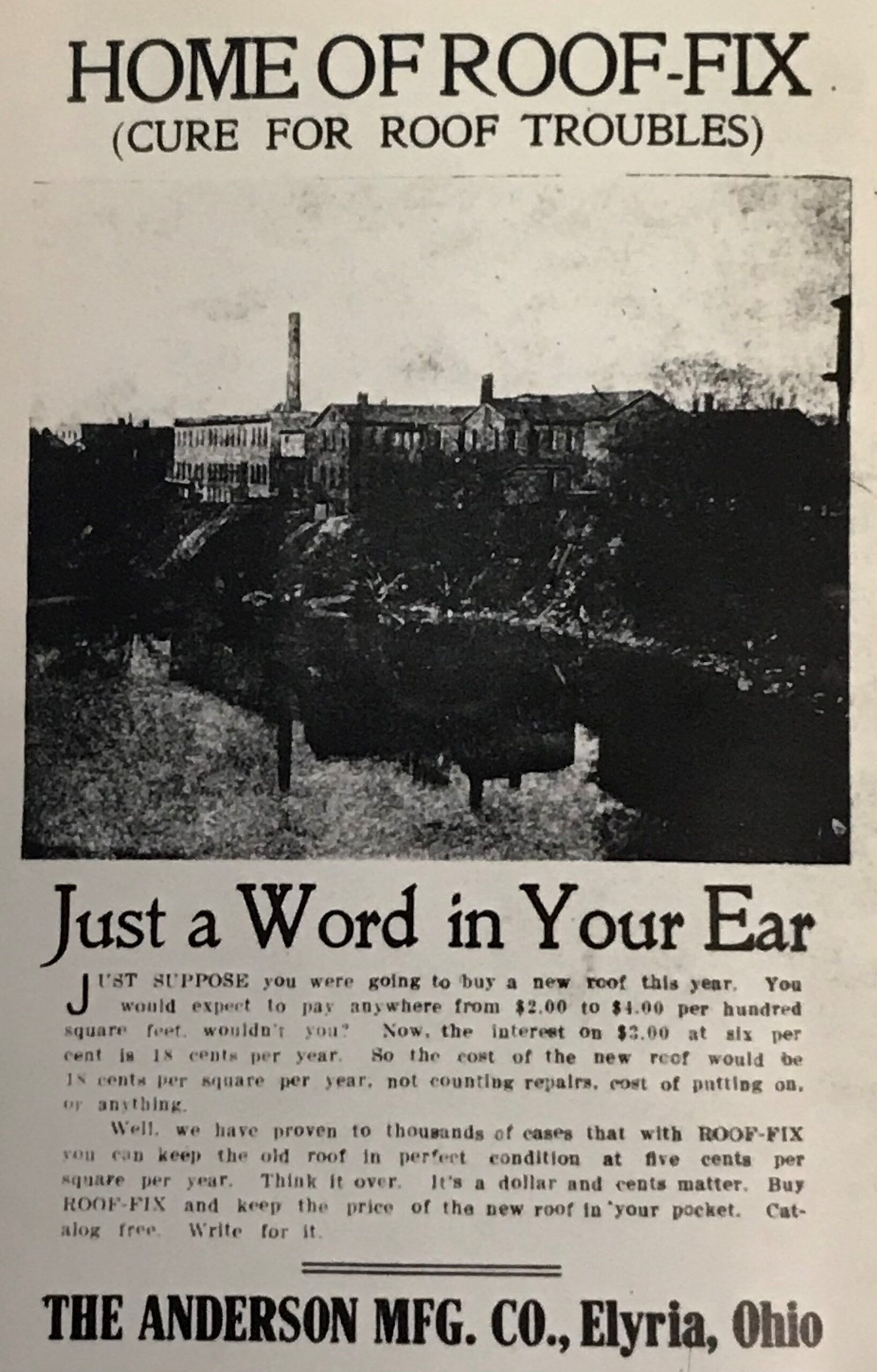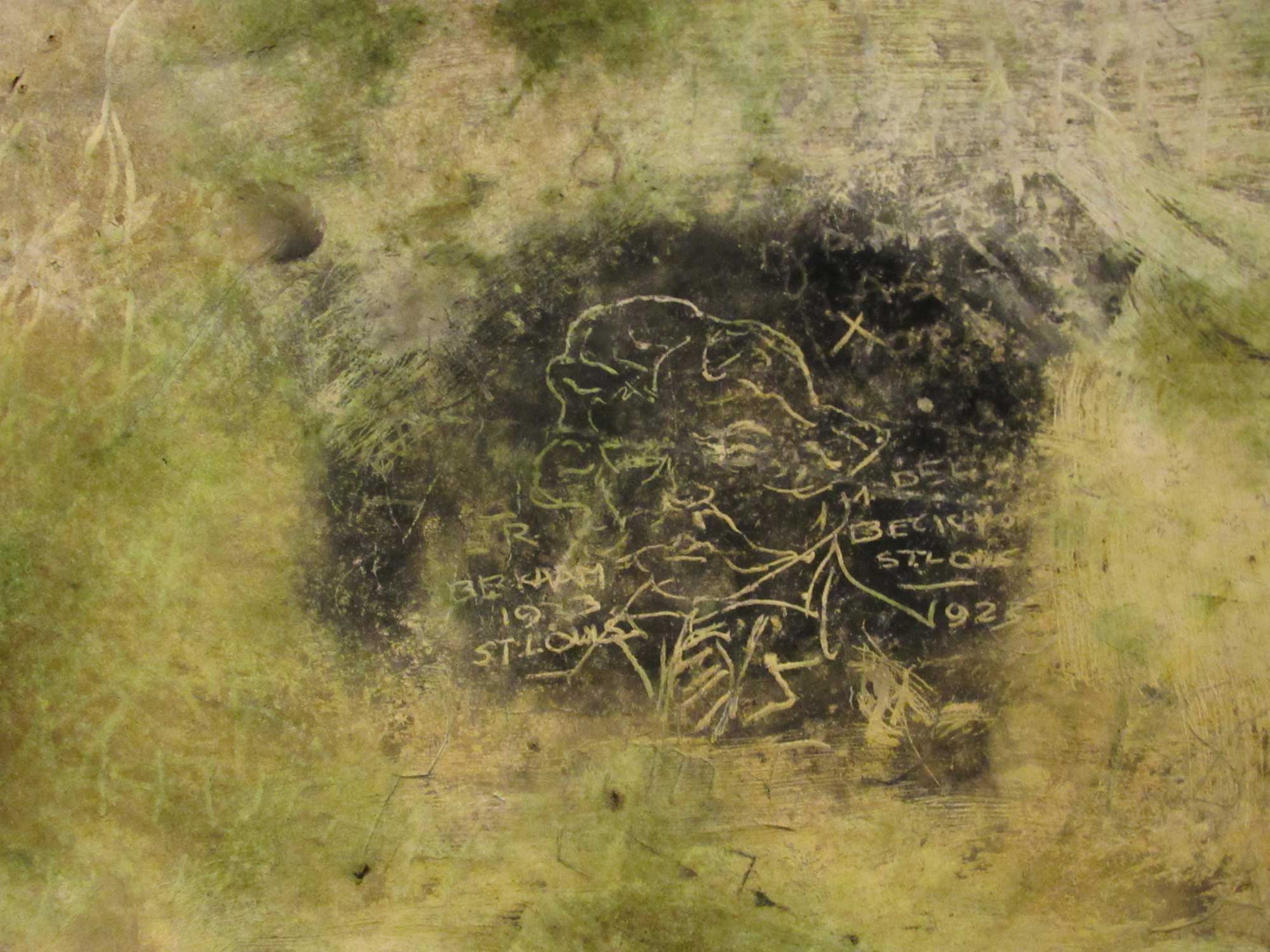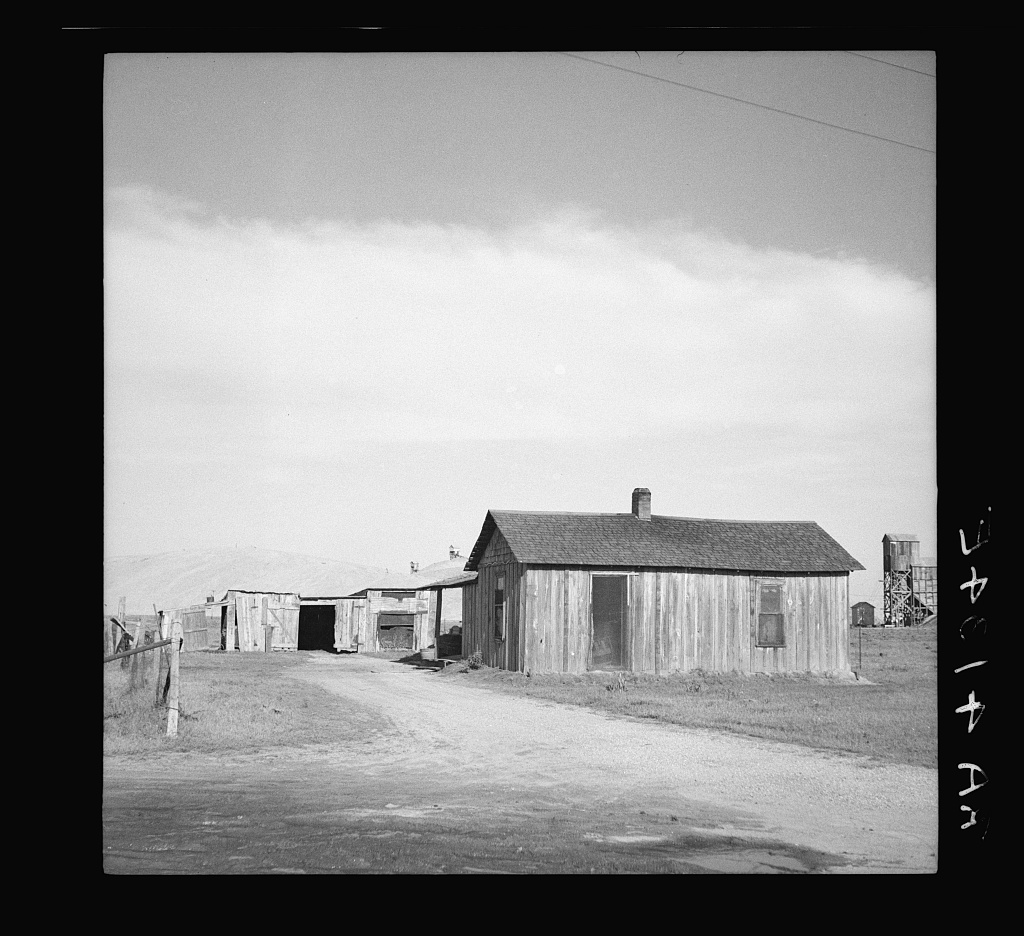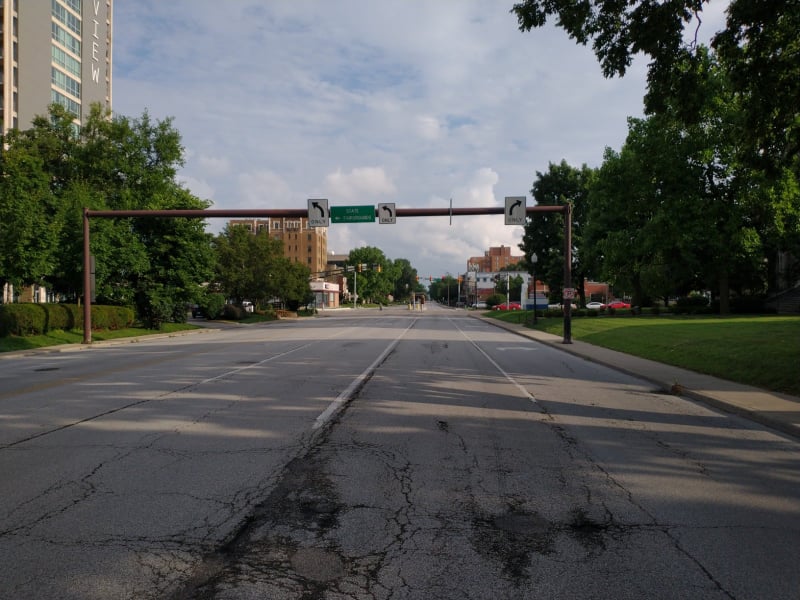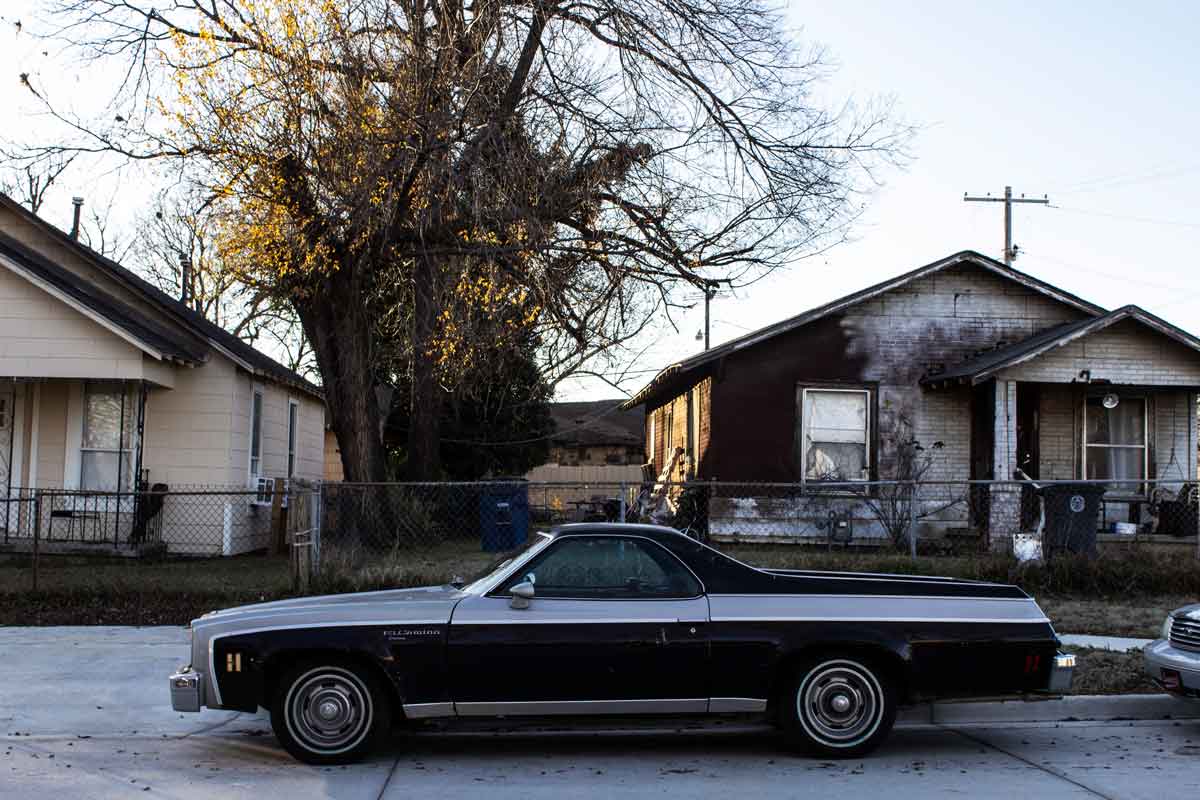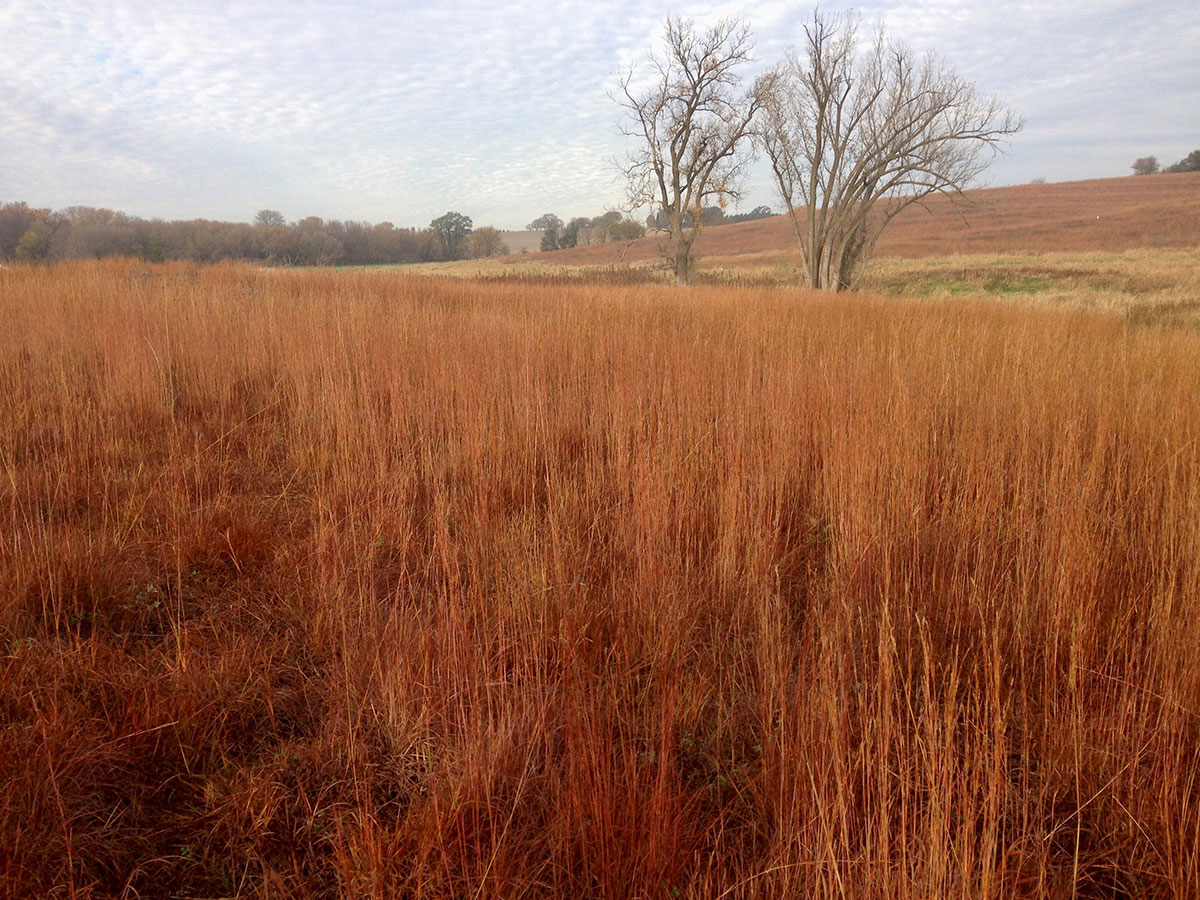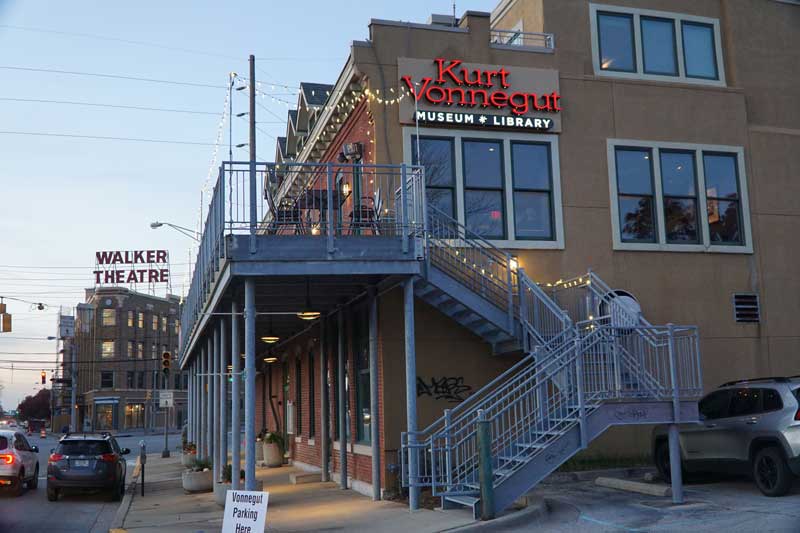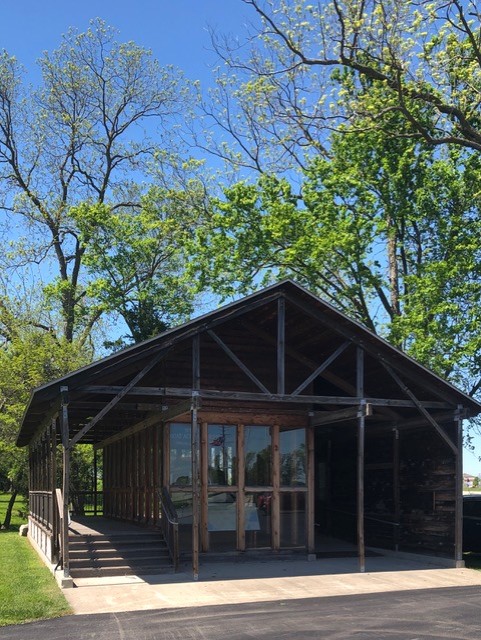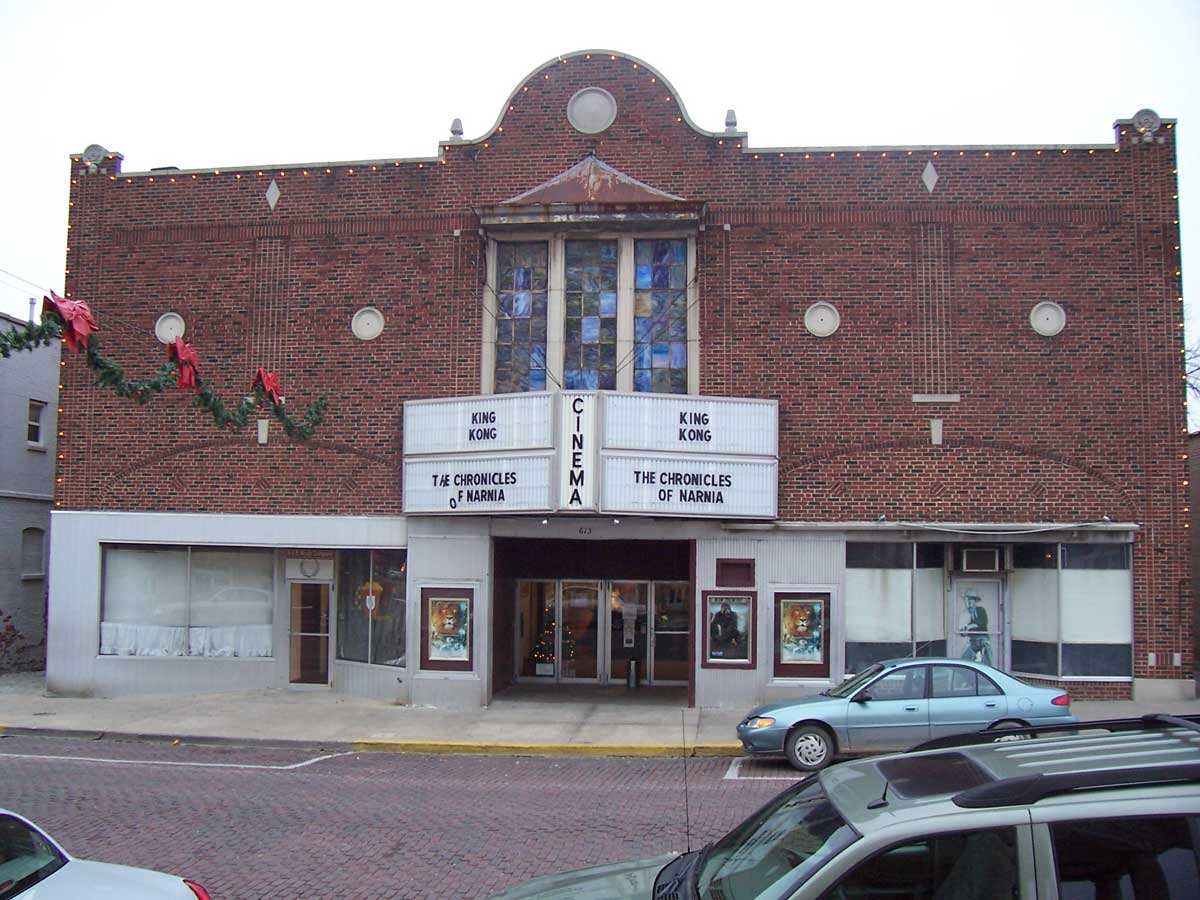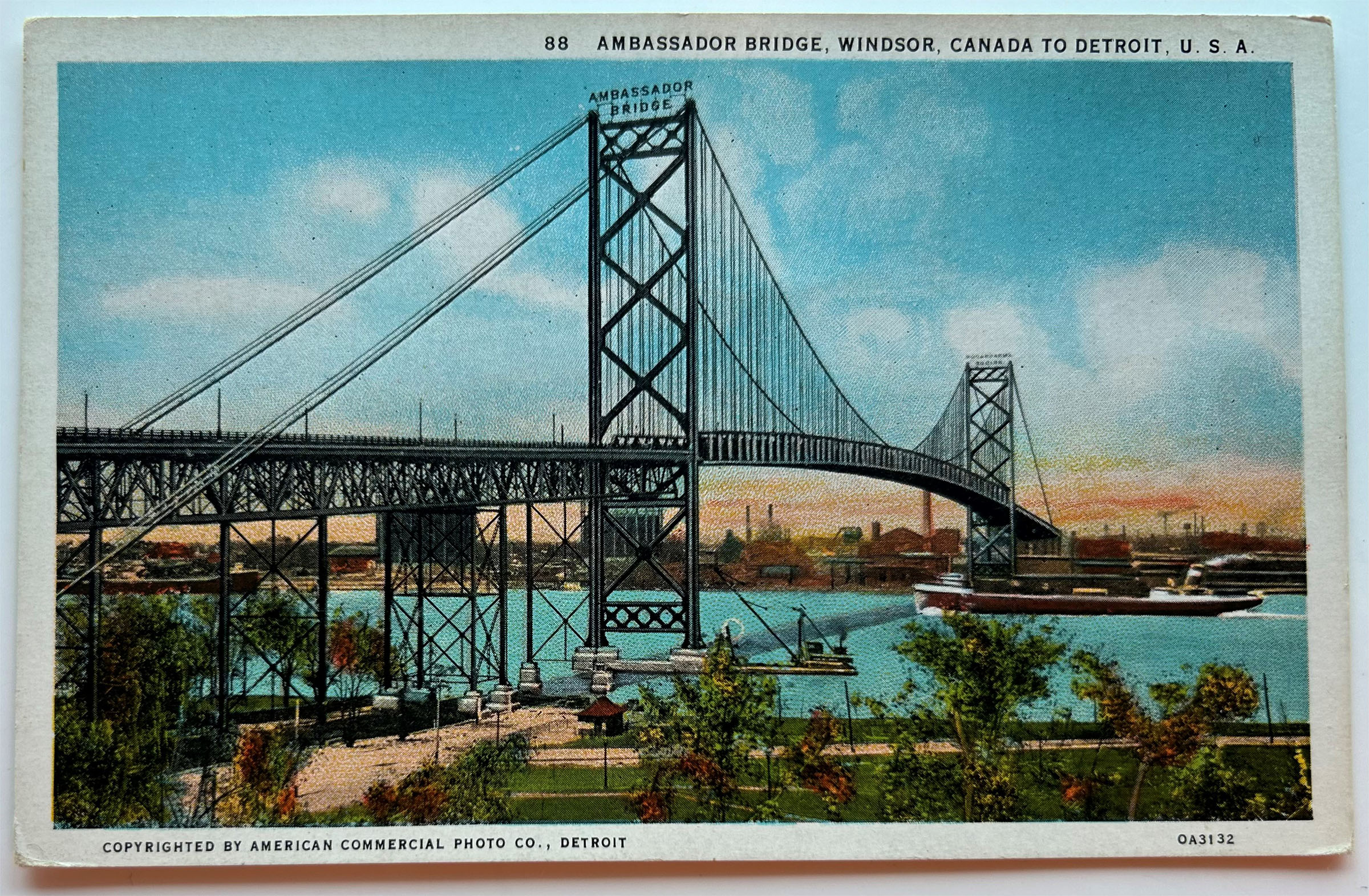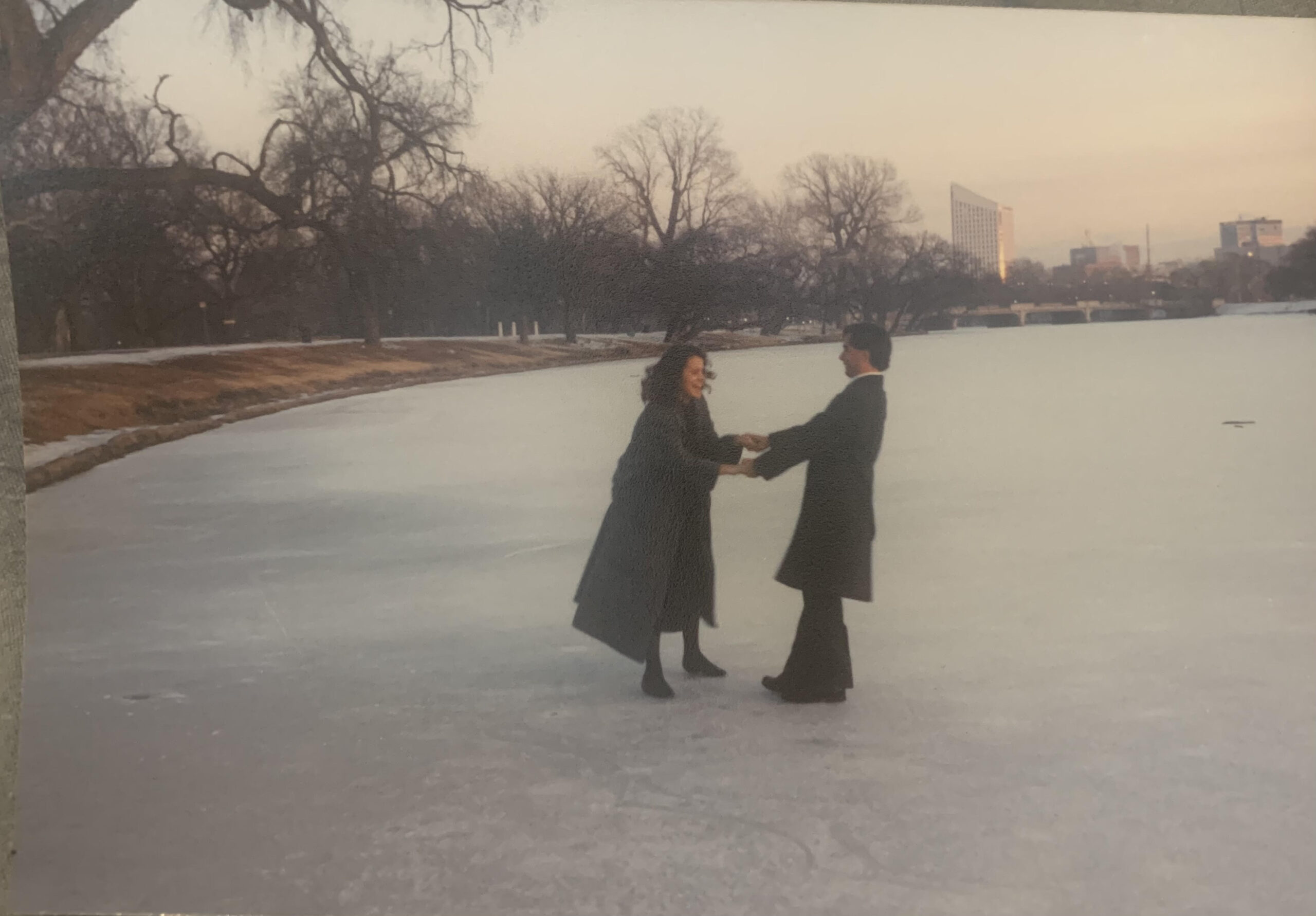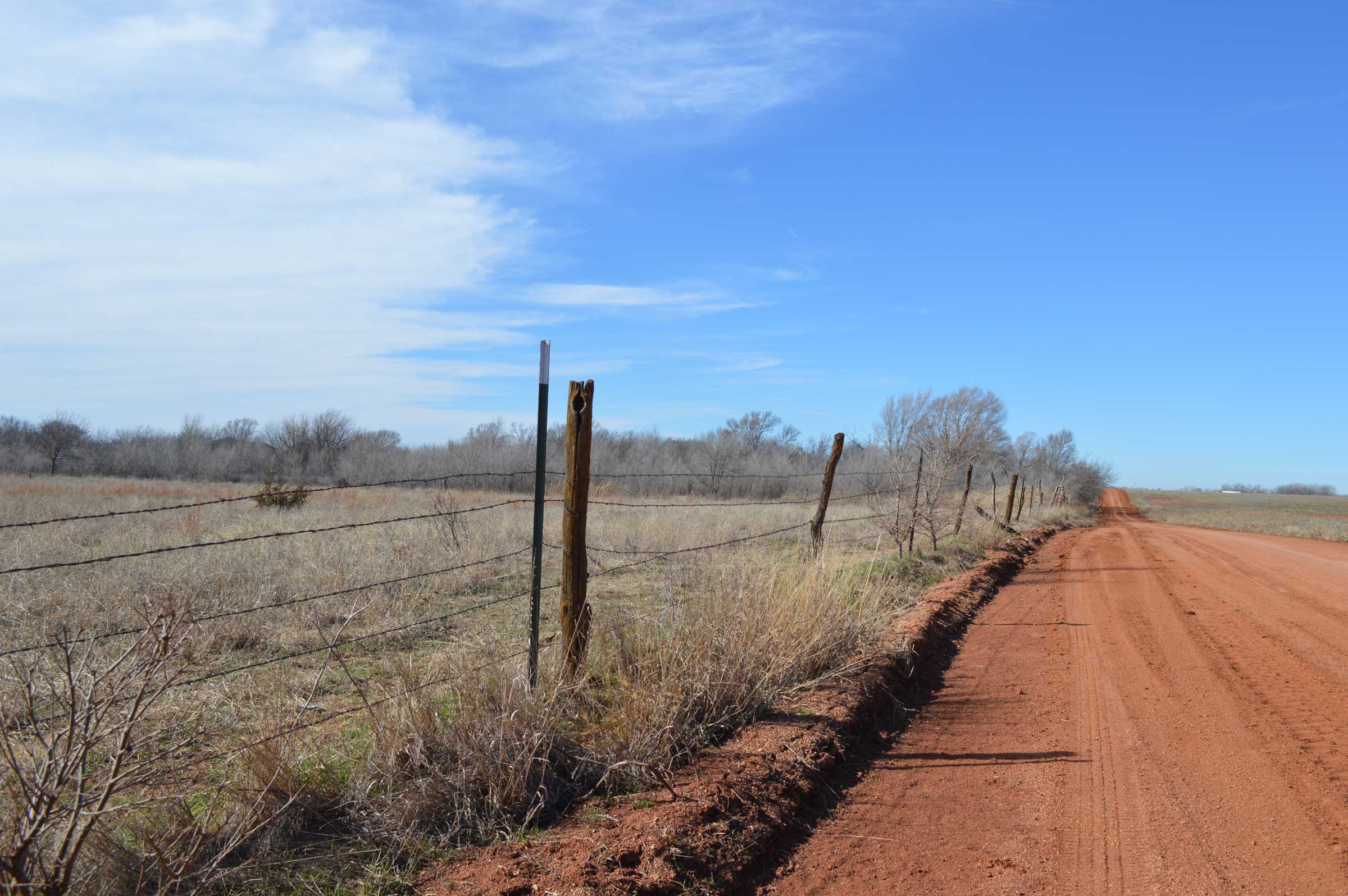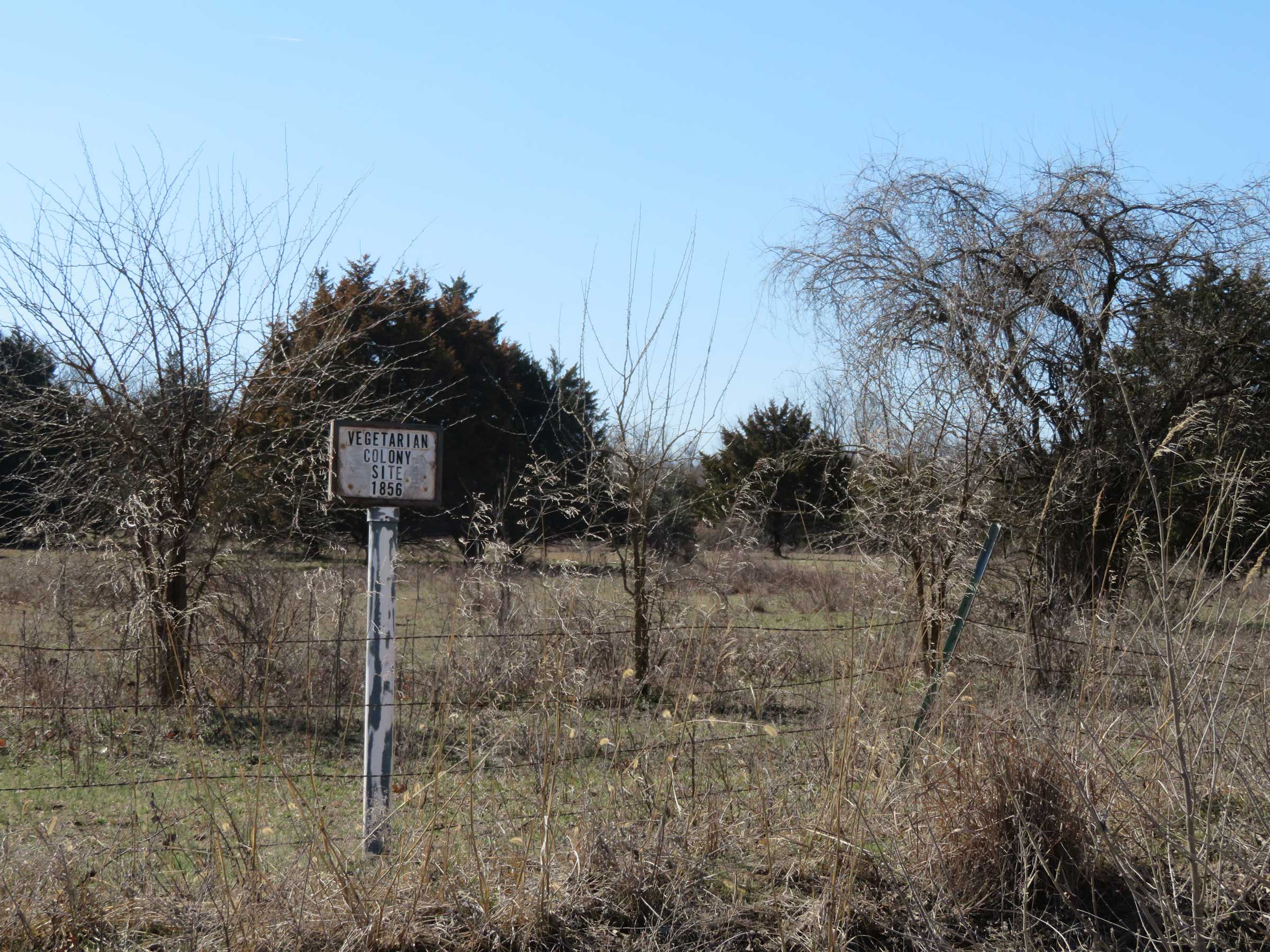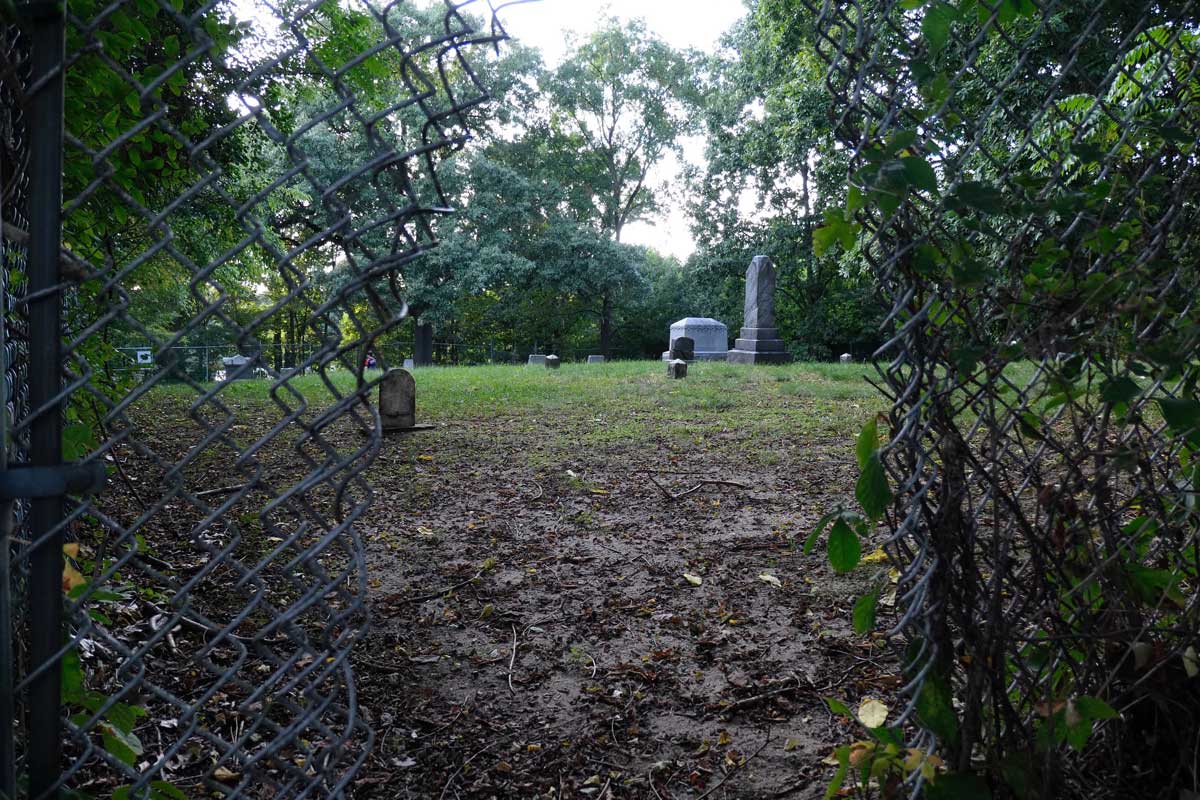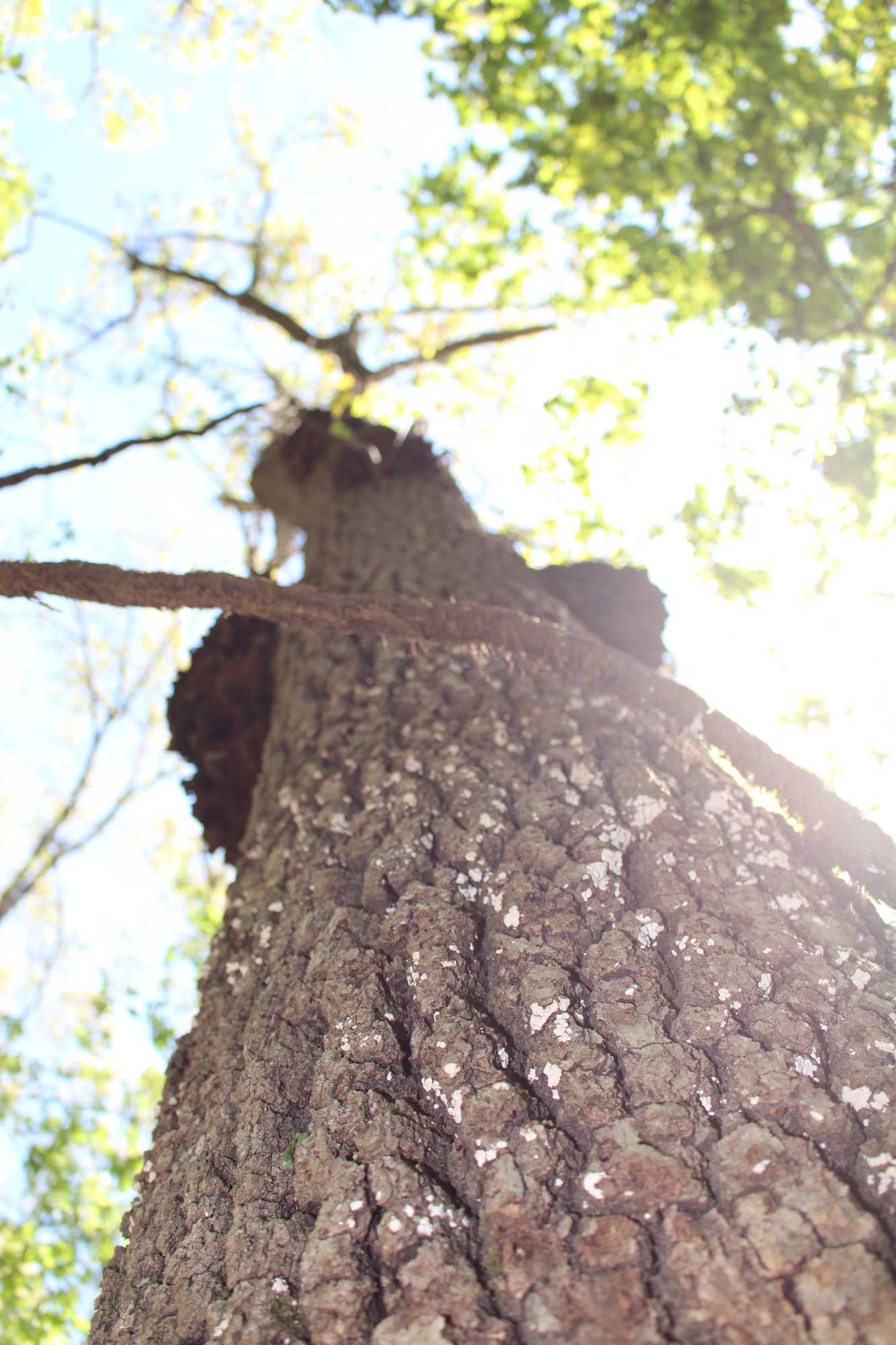NORBERT BLEI
Al Johnson’s Swedish Restaurant
Sister Bay, Wisconsin
By Jenna Goldsmith
Before Americans were obsessed with the Swedish practice of fika, Norbert Blei was perfecting it at Al Johnson’s Swedish Restaurant and Butik in Sister Bay, Wisconsin.
“I must go to Al Johnson’s for coffee . . . for conversation, camaraderie, my late morning break,” Blei declares in his 2002 essay “Counter Culture.” But it had snowed all night in Sister Bay, so much so that the road from Blei’s home to his beloved coffee counter at Al Johnson’s was impassable.
Blei’s destination sits at the bottom of a hill, the focal point of Sister Bay, which is itself a hub of the scenic Door Peninsula. The restaurant, which began as a humble operation—just breakfast and dinner, cooked, served, and bussed by Al Johnson himself—is now a bustling terminus for locals and vacationers alike. It is not uncommon for diners to sit down for a meal of Pytt I Panna (Swedish hash) a full two hours after putting their name on the waiting list. Servers dress in traditional Swedish dirndls, just as they did a half century ago, and the food is served on dishes from Persgrund, Norway. During the summer months, there are goats on the roof.
No matter how many times I visit Al’s, I never stray from my usual short stack of Swedish pancakes, Swedish meatballs, and lingonberries (and lots of coffee). Though he has been gone for nearly seven years, I inevitably find myself staring at the coffee counter nestled in the restaurant’s northeast corner, hoping to catch a glimpse of Norbert. I like to picture him there, hunched over a cup of coffee and a folded-over Door County Advocate, or his manuscript in progress, knowing full well that if he were actually there, I wouldn’t have the gumption to approach him and risk interrupting his beloved fika. Still, I play this hologram game. I ask my mom to describe to me for the hundredth time my eccentric distant cousin Chuck Clemensen, another counter sitter, who Norbert called “Wall Street Charley.” “Well, Chuck was tighter than the bark on a tree,” my mom would remind me. “He died with the first nickel he ever earned, and he claimed to know the original recipe of Coca-Cola because he worked as a chemist for the company.” Chuck frequently fika-ed alongside Norbert and Al. I imagine they spoke about Door County’s rapid transformation, influx of vacationers, and their shared history as native Chicagoans.
Though I never met Norbert, I feel that we are kindred spirits, tied together not just by our mutual Chuck, but by our alma mater Illinois State University, our vocations as writers, and our love of counter culture. As of late, I can’t help but relate to the ambivalent Norbert of “Counter Culture” sitting in his warm, safe home, debating whether or not to brave the elements for fika at Al’s. Before the COVID-19 pandemic, my own writing practice relied heavily upon a coffee counter down the street from my apartment in Bend, Oregon. This practice, along with many others, has been completely upended. And though I think of myself as flexible—professional enough that I can work anywhere—my writing life has suffered. I find myself wondering how Norbert would have fared without the respite of the safe, welcoming coffee counter at Al’s.
Norbert eventually made it to Al’s coffee counter that snowy February day. Did I ever really doubt him? Even February in Wisconsin is no match for fikasugen.
Jenna Goldsmith is the Assistant Director of the Women’s, Gender, and Sexuality Studies Program at Illinois State University. She is the author of two chapbooks, Genesis Near the River (blush books, 2019), and Suppose the Room Just Got Brighter (Finishing Line Press, 2021). Her poetry can be found in New Delta Review, Tildé, and Sheepshead Review. In 2019, she was honored to be named a Mari Sandoz Emerging Writer by the Story Catcher Literary Festival at Chadron State College. Learn more about Jenna at jennalgoldsmith.com.
Photo courtesy of Al Johnson’s Swedish Restaurant.

